The colourful flowers and petals, vibrant themes, swinging chandeliers and happily ever after chants that fill the air with love and laughter brings the onset of wedding season in India. Amidst sonorous and booming musical tones coming from life sized speakers the concept of an eco-friendly wedding becomes just a meagre whisper. A tonne of waste is produced through decorative items, food, disposable plates, cups, used tissues, etc. Colossal amount of plastic waste, food waste, food leftover is generated during such ceremonies. As we know plastic takes hundreds of years to decompose, generating more of it has lead to man-made mountains of waste and at some places reaching the height of Qutub Minar in Delhi. Inappropriate knowledge on how to organize various associated events in an environment friendly manner ultimately leads to causing harm to the environment and indirectly to us. Unfortunately, the fact regarding indirect harm to the mankind is understood by very few. Various steps can be taken at wedding functions to avoid sending waste to the already piling landfills.
A few measures that can be easily adopted in wedding scenes are as under:
Going back to steel :
This avoids the use of disposables and hence reduces waste. On an average one person generates a minimum of 5 pieces of disposables at a wedding. Nowadays, Indian weddings are extravagant and a costly affair. It is interesting to note that in India before 1990’s weddings used to be very environment friendly keeping minimal use of everything which produced less waste. With seasonal flowers for decorations, food served on banana leaves or reusable earthen pots, steel plates, glasses etc. and the simplicity of pandal beautification using materials that were bio-degradable never went out of fashion. The used banana leaves were then fed to cows who would digest the fibrous material (that would otherwise take months to decompose) and produce manure the other day. The practice of using plastic and other disastrous items in weddings, get together etc. came only after 1990’s and since then we have been loading Mother Earth with tonnes of garbage in the process of such celebrations. As a result, the burden has far exceeded its carrying capacity. In such a scenario, the need and drive to Go Back to Steel becomes imperative. Let’s go back to from where we started.
Presently, multitude of options can be seen when it comes to renting steel utensils for various events including weddings in the form of plate/crockery banks. Besides one can hire them for free provided he/she uses ask-use-wash-return policy. A certain security amount has to be deposited which is given back after returning the borrowed items. The leftover food can be sent to various NGOs operating in the vicinity so that waste can be minimized and famished section of the society can be fed.
Decoration using waste materials – it’s possible !
A lot of waste materials like coconut shells, banana leaves, painted gulmohar pods, origami papers and waste plastic bottles can be employed to give an artistic and imaginative look to the wedding theme. Seasonal/ commonly available flowers and even lush green leaves will surely paint a beautiful picture. One’s creative acumen can be put to best use in such scenario.
Never mix dry waste with wet waste- Segregation at source is the solution :
It is crucial to segregate waste at its source of generation. The plastic waste, if any, may be sent for recycling and food waste composted or sent to bio-gas plants. Separate places should be designated to collect items like glass, spoons, plates, napkins etc. so as to ensure their proper management and cleaning. A simple practice can be wonderfully helpful in managing food waste in an excellent way. It is unfortunate to learn that in India segregation has not been made mandatory. Majority people still mix biodegradable with non-biodegradable waste. Instead stricter laws should be enforced and non-compliance should be penalised.
Making wedding invites interesting and memorable :
Printing less number of invites can be profitable as it offers reduction in cost and paper because at the end the beautifully adorned cards are sent either to raddiwala or thrown away in bins and forgotten. They can only be reserved for old and close family members. Printing on seed paper or adopting the practice of offering planted pots as wedding invites can prove to be much better alternatives. The cost difference is less and can be ignored. Moreover, the efforts towards going the green way will be appreciated and followed by people. Boasting of arranging an eco-friendly wedding definitely comes with popularity as an added advantage. It is all about being conscious and setting the trend.
Using cotton napkins instead of paper tissues is a great idea but beware- it might tempt the guests to steal them !
Paper tissues that will unnecessarily create solid waste can be well replaced by cotton napkins. The printed or personally designed napkins can be reused after giving a wash. Well, the stealing part shouldn’t be worrisome as it will establish the fact that those printed napkins were pretty handsome and well appreciated. The wedding board too can be made of wood, jute, cloth and other decorative items. Such initiatives can be employed and will curb the usual practice of sending trash and unsegregated waste to already swelling landfills.
Innovative ideas :
The family can request guests not to wrap gifts in plastic. Small display boards can be installed in dining rooms to make people aware of the eco-friendly measures taken during the event. Even the guests at the event can discuss ways to organize such commemorations in an eco-friendly manner with the host. Usually people are ignorant about such practices but once they are guided they do take the initiative and measures beforehand in future.
As denizens of the Earth, we must take every opportunity to help maintain its beauty by taking eco-friendly initiatives in whichever phase of life possible and spreading the word. As an example to state- inculcating small habits like bringing our own tea/coffee cups in office will be a small but impactful step in curbing use of single use plastic.
– Shreya , Dy. Manager (Environment)
Source / References :
https://www.thebetterindia.com/86743/green-wedding-shyamala-suresh-eco-friendly/
https://www.theknot.com/content/eco-friendly-wedding-guide
Youtube videos-
-
https://www.thebetterindia.com/86743/green-wedding-shyamala-suresh-eco-friendly/
-
https://youtu.be/AzqG1U9ekNc
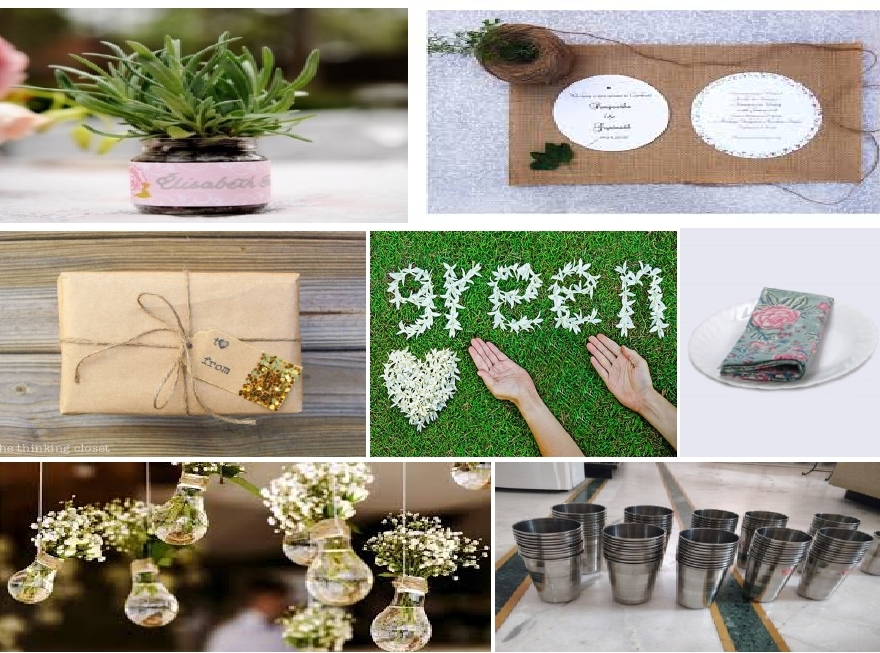









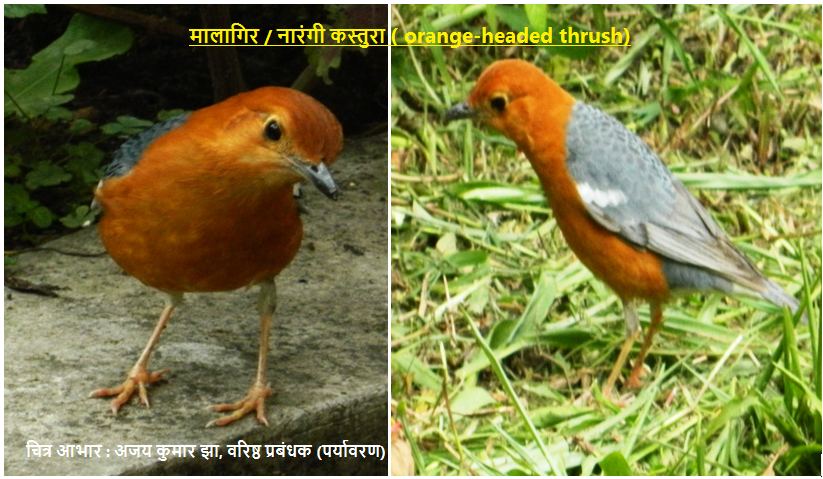





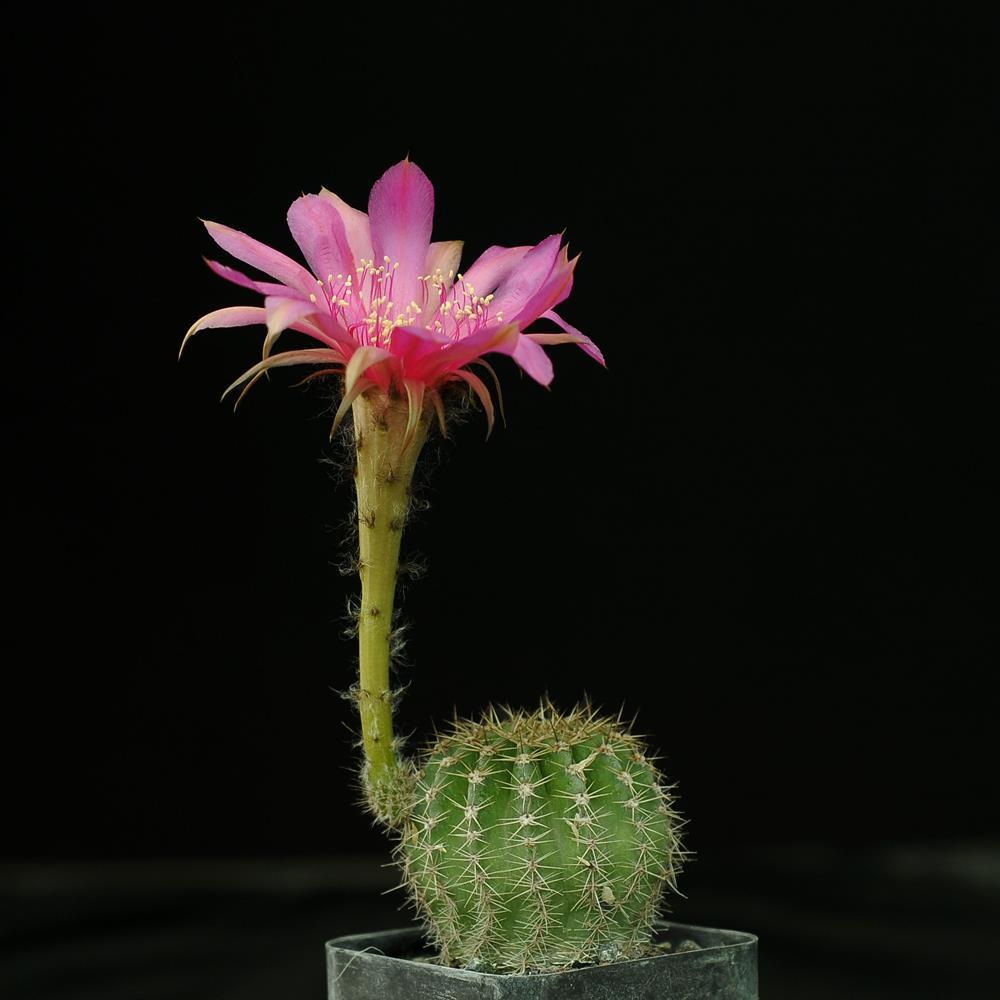
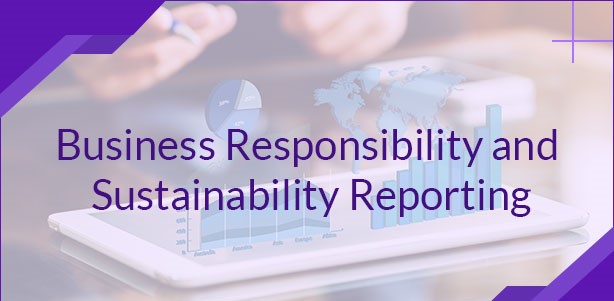

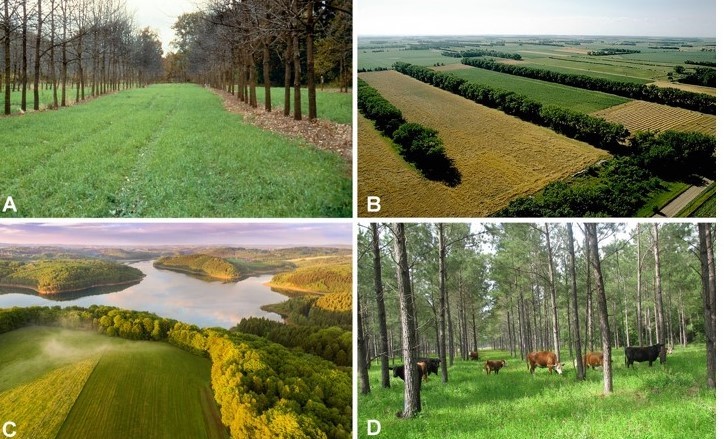

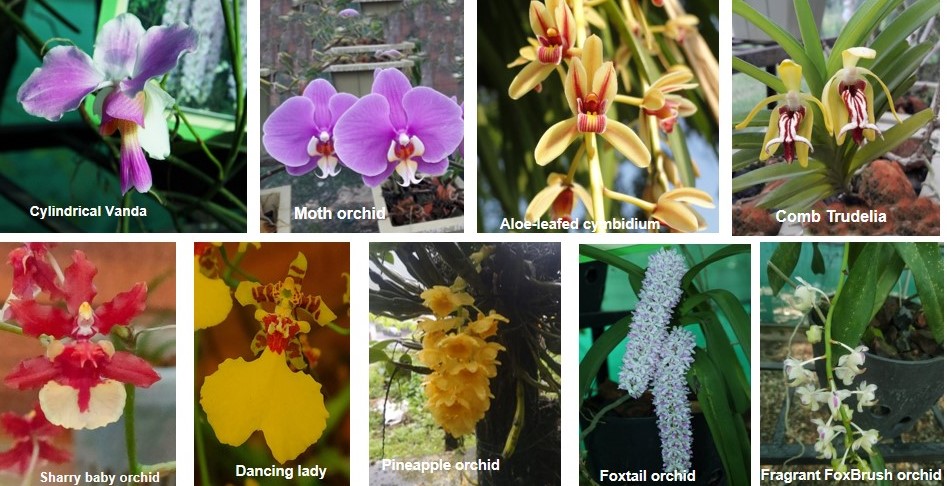
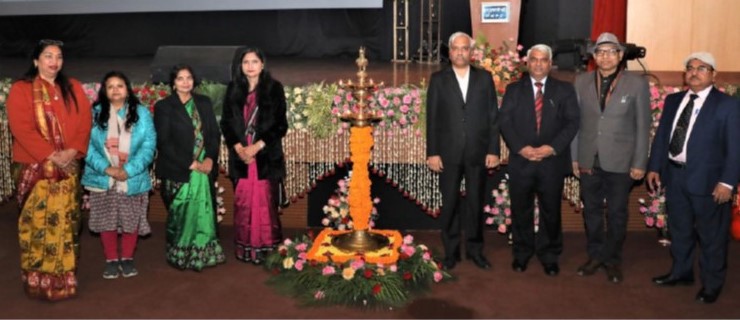
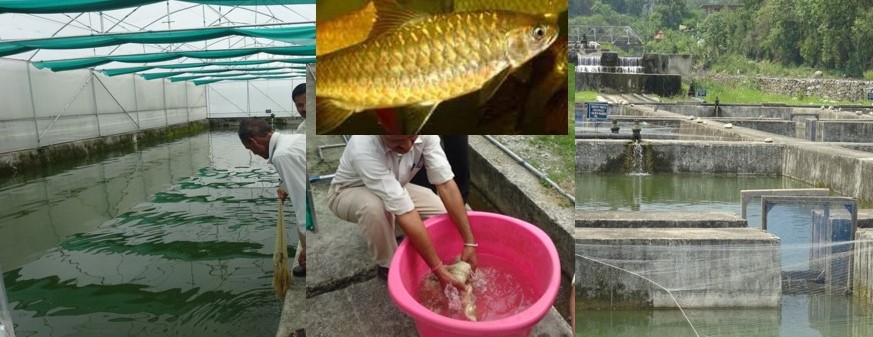





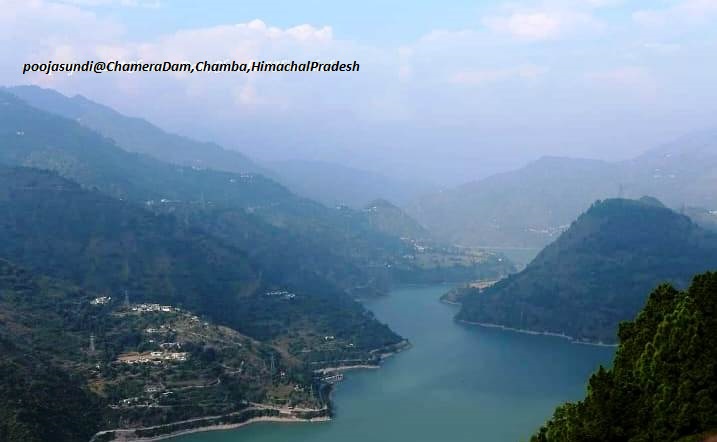
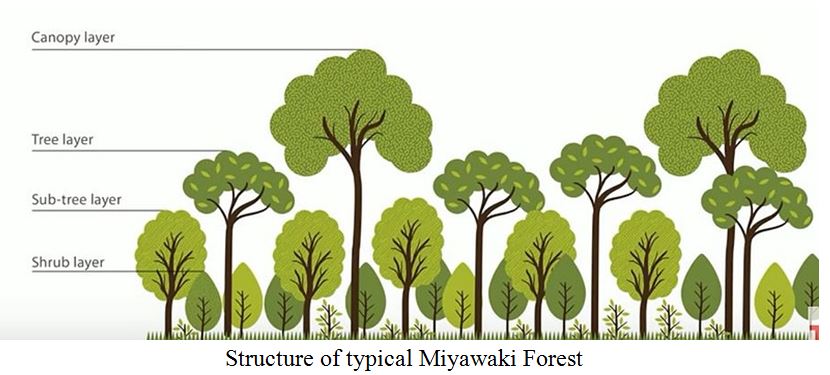
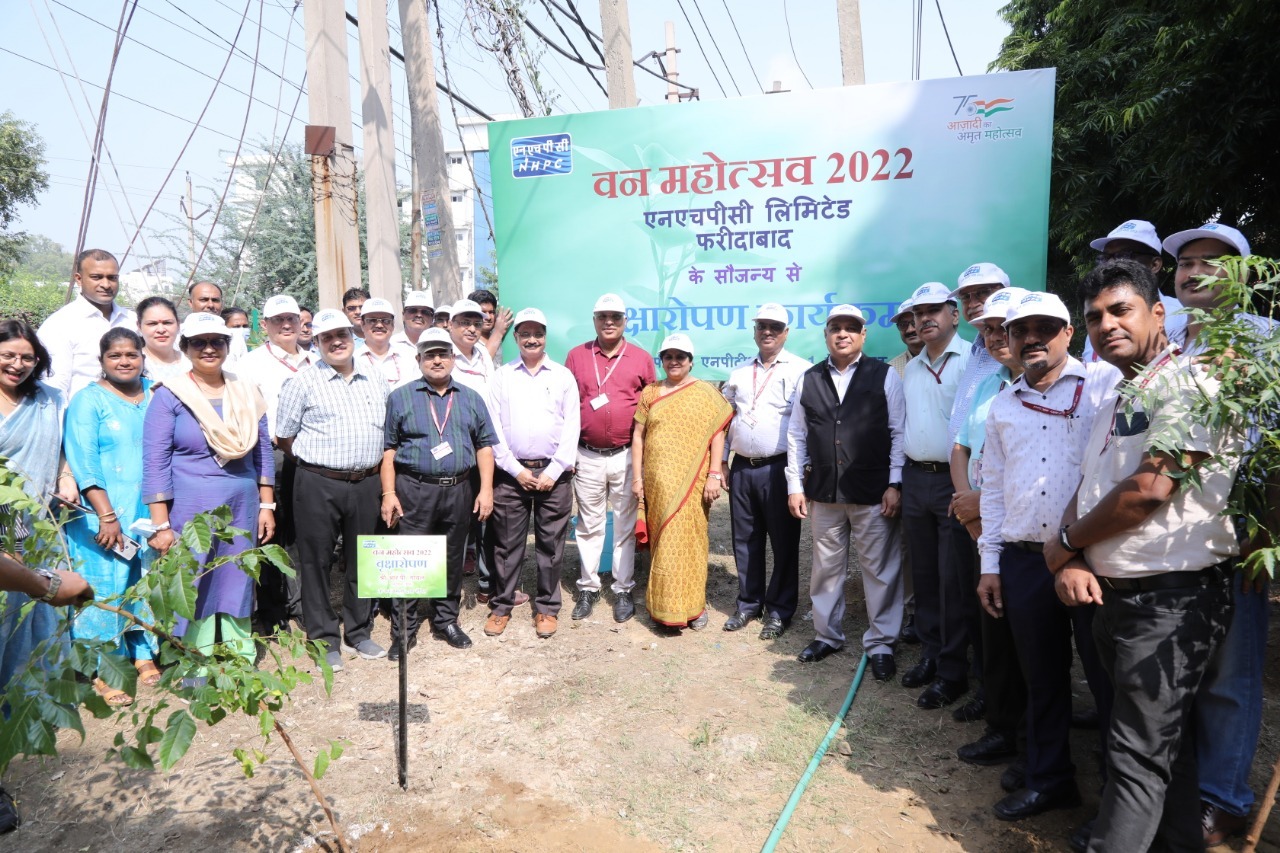
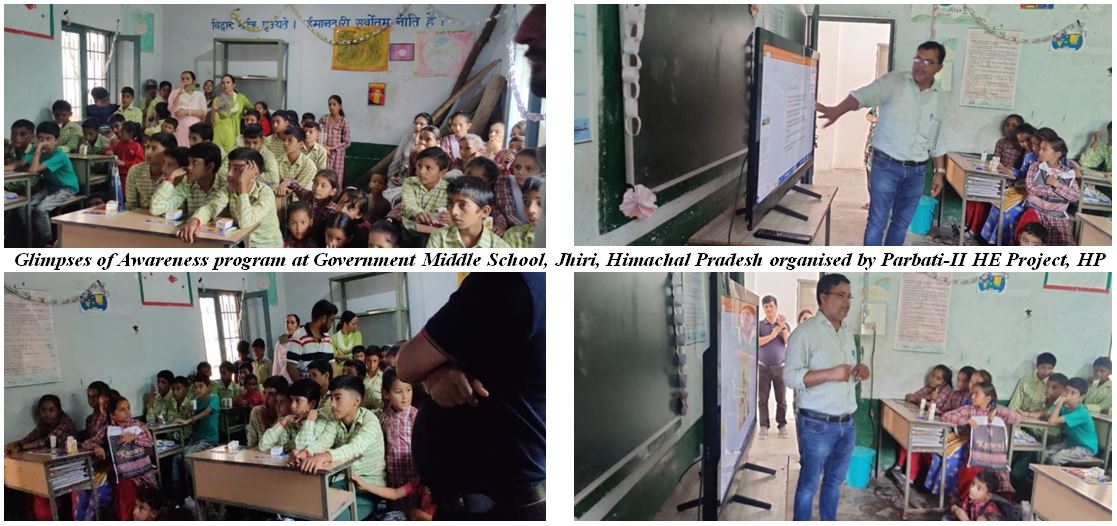
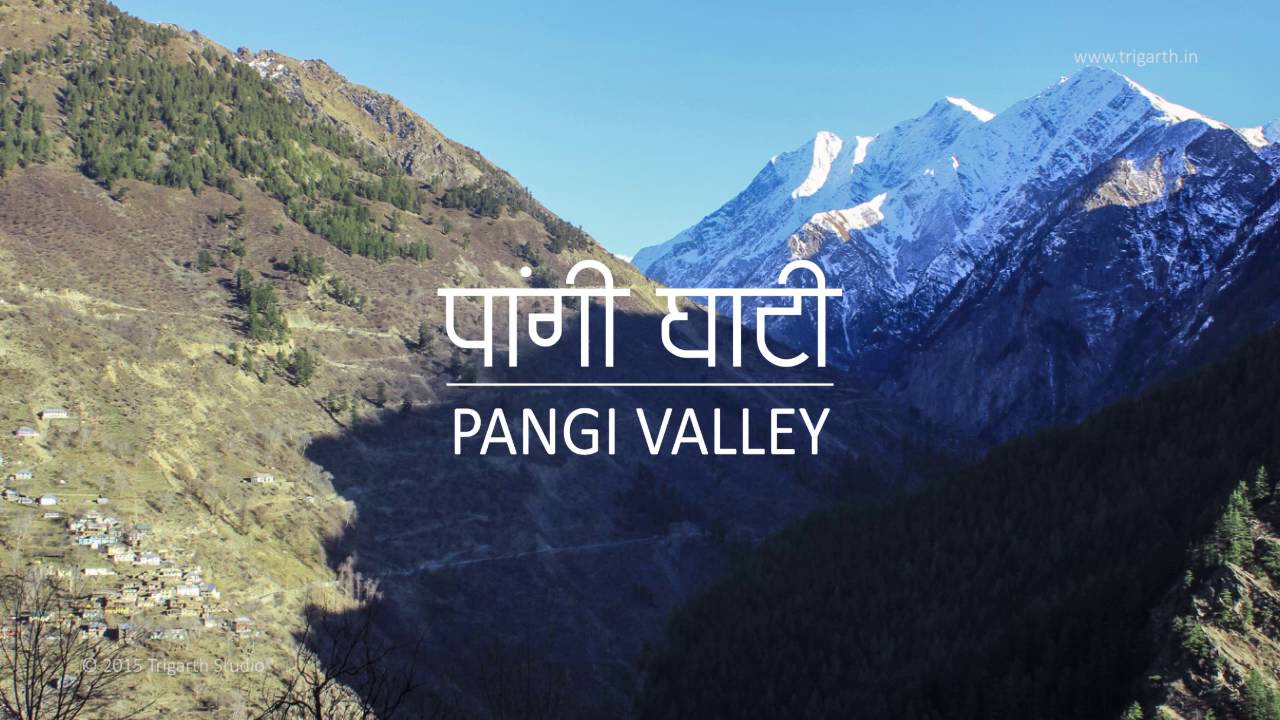
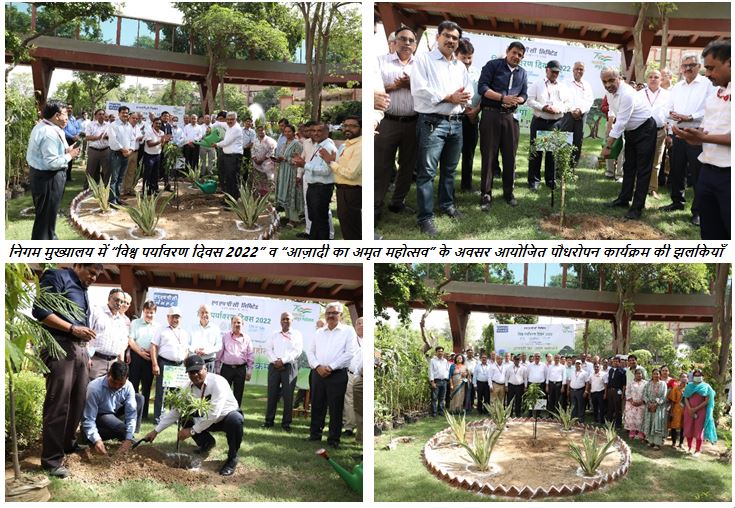
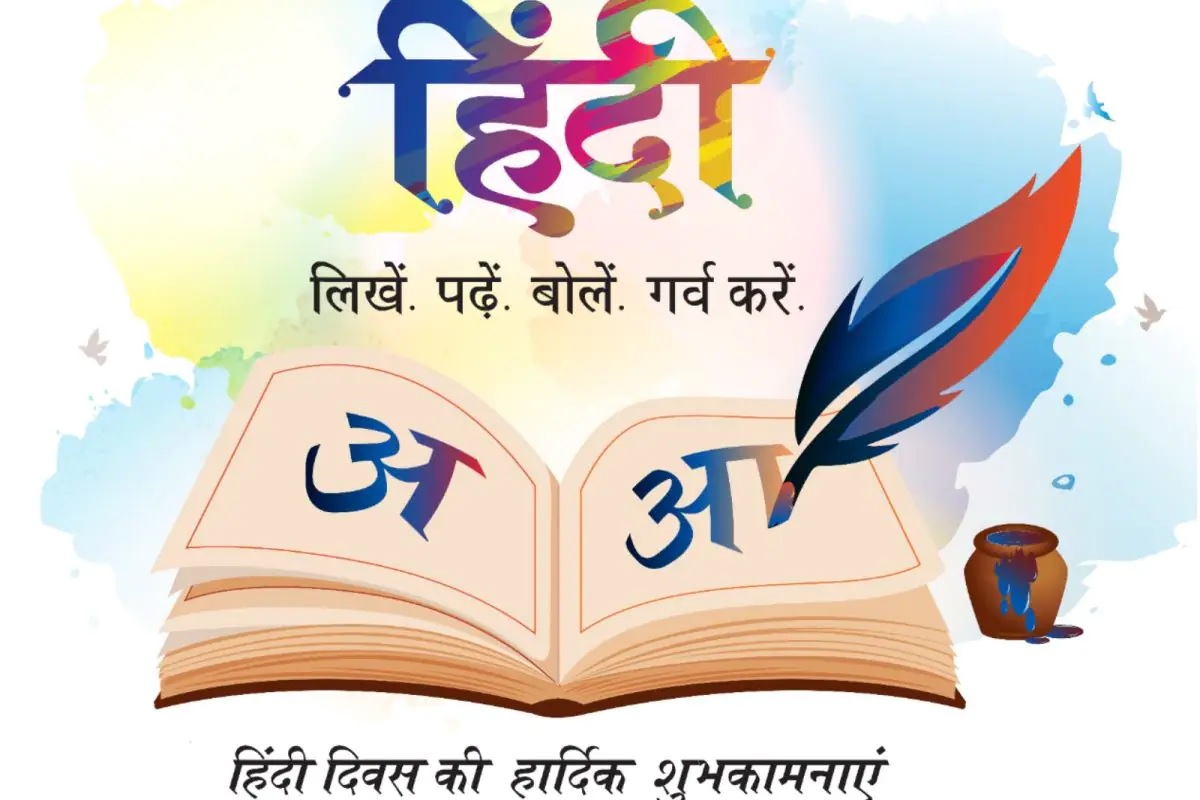
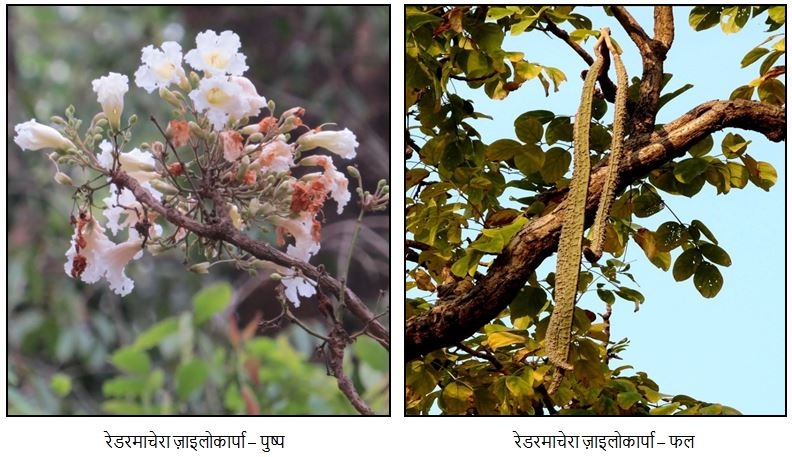










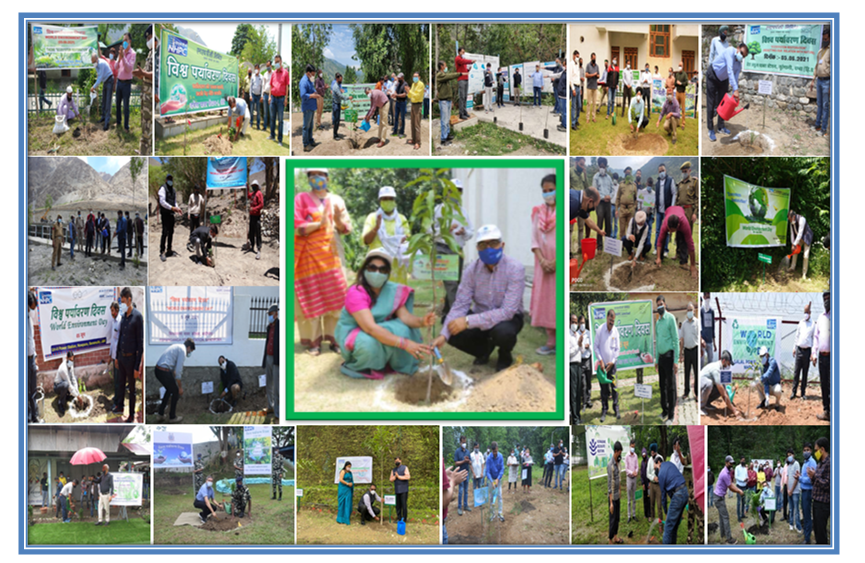

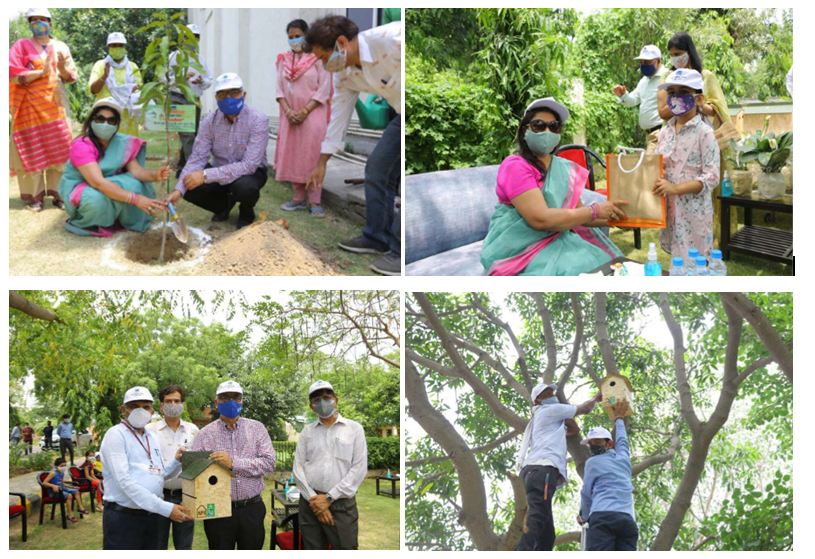








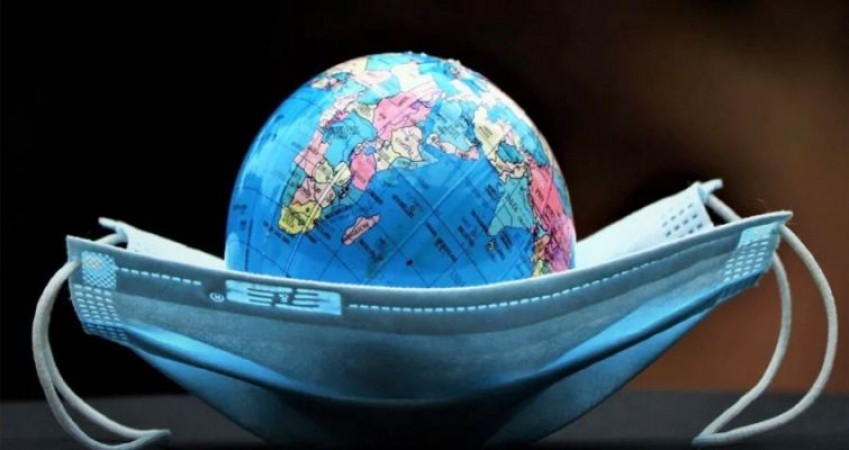






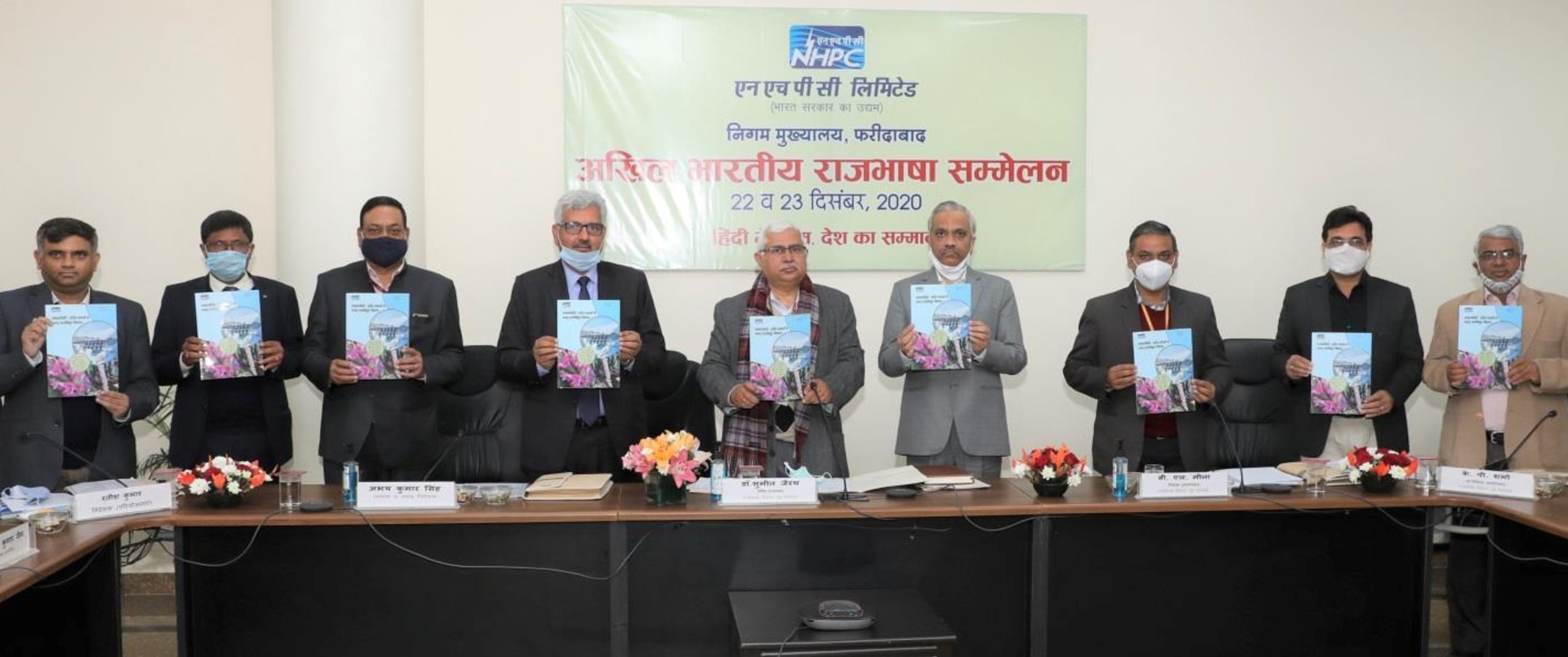


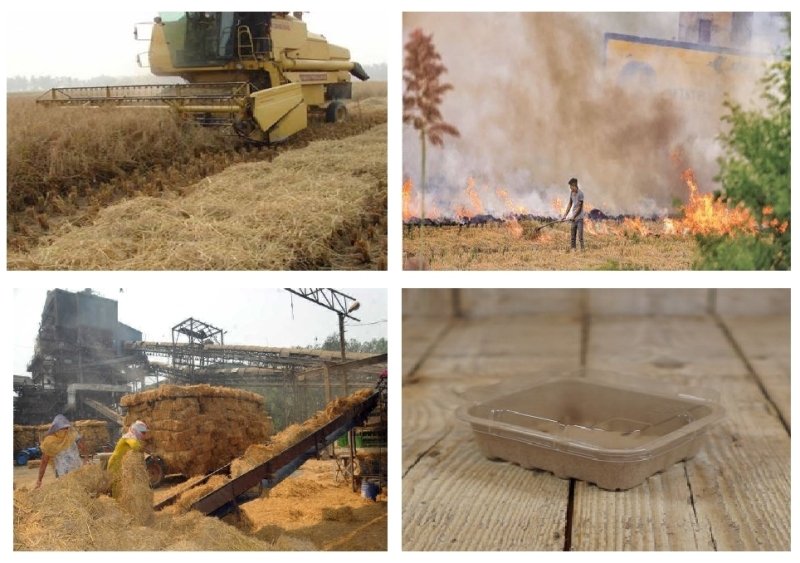





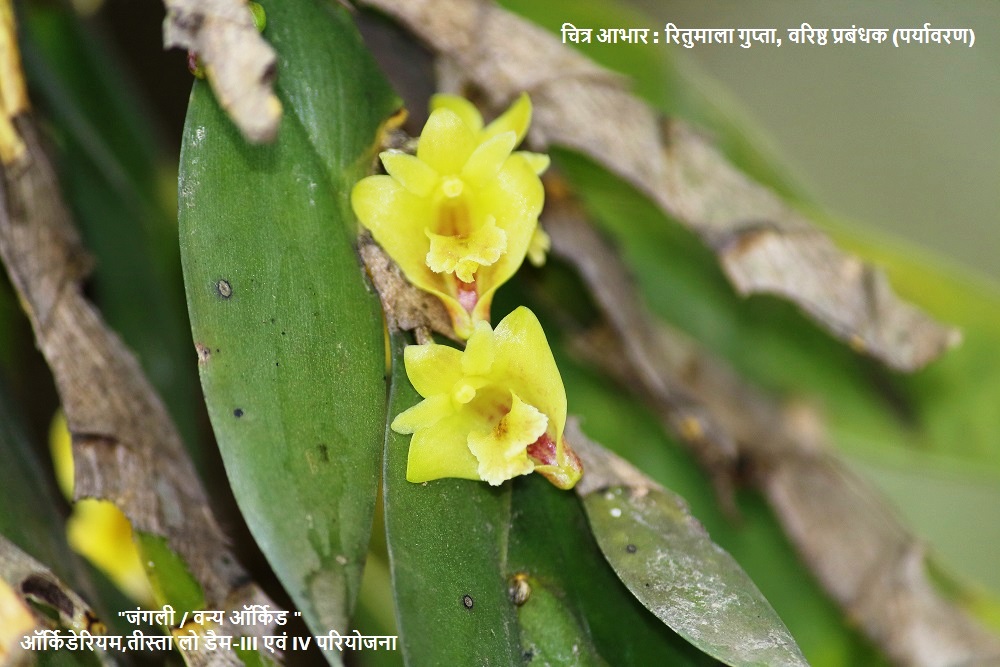

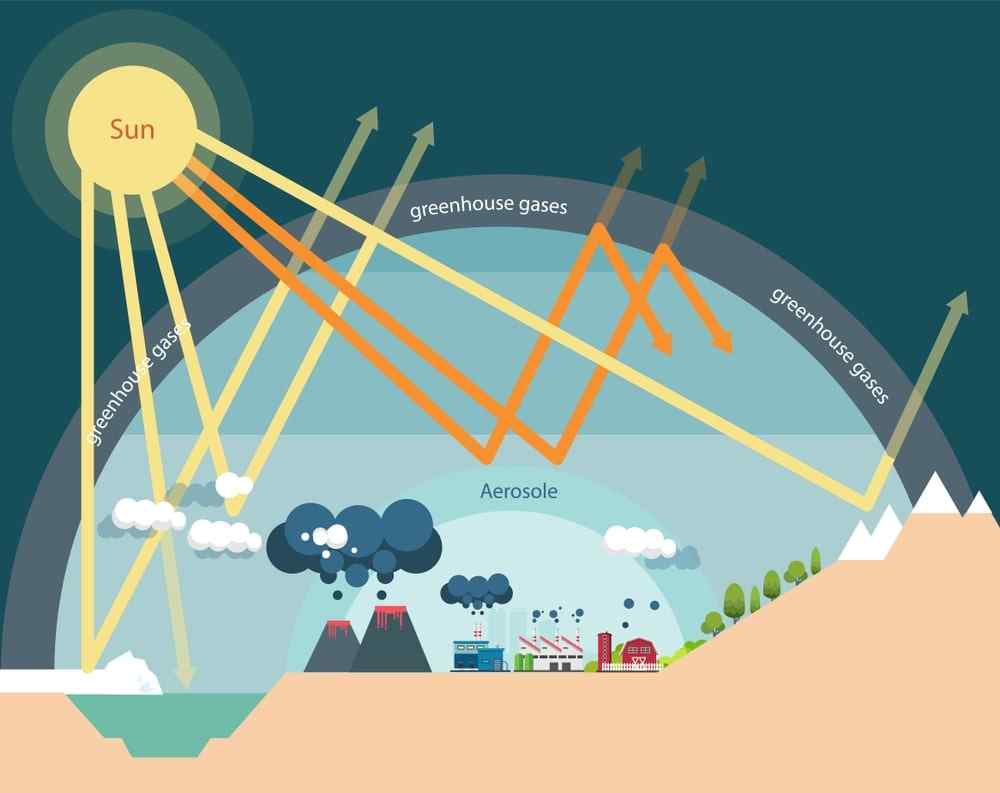
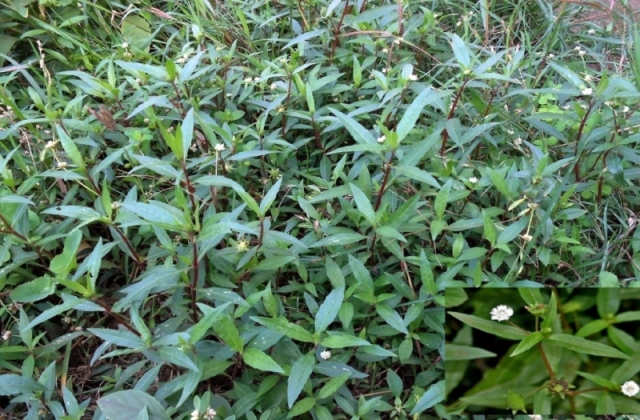
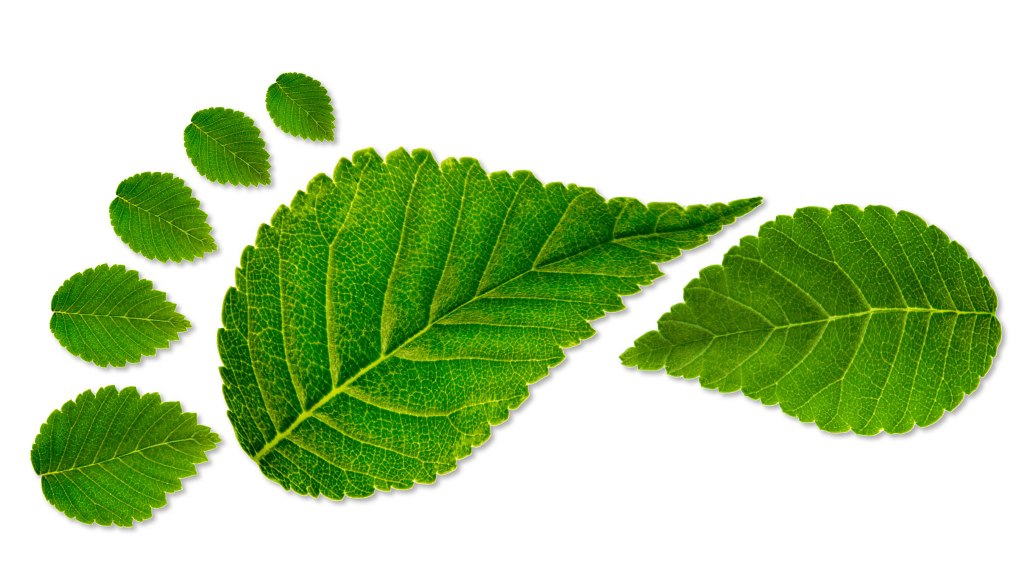




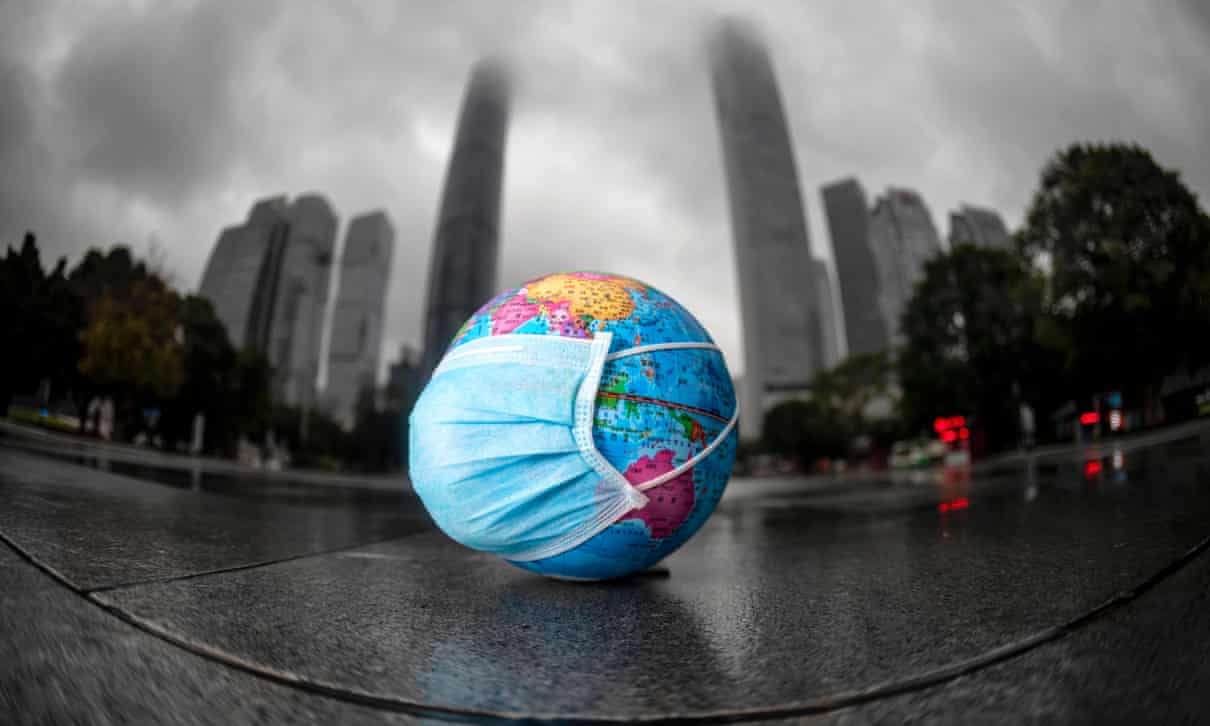
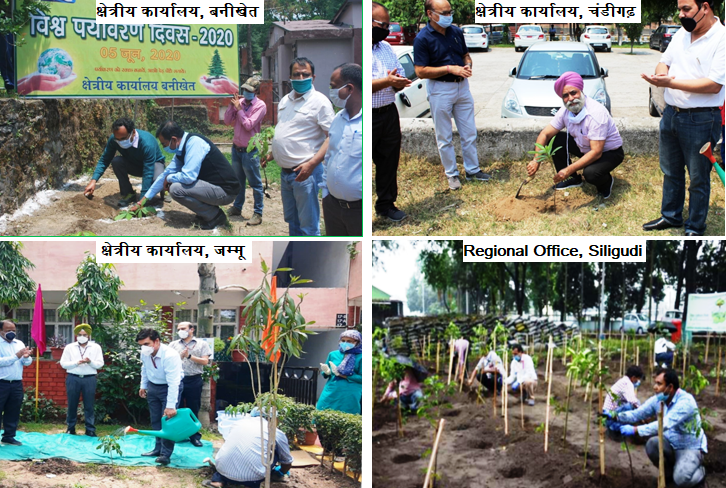
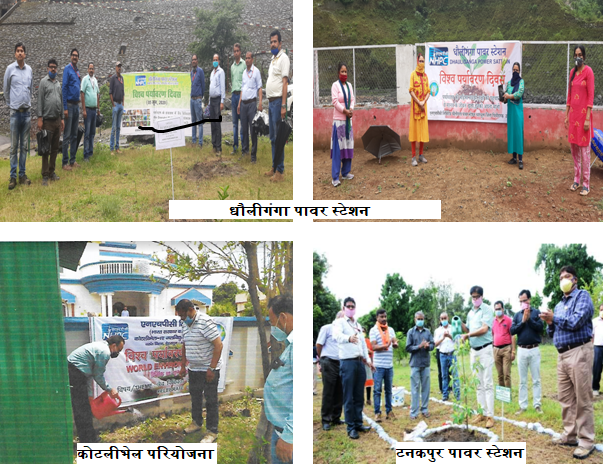
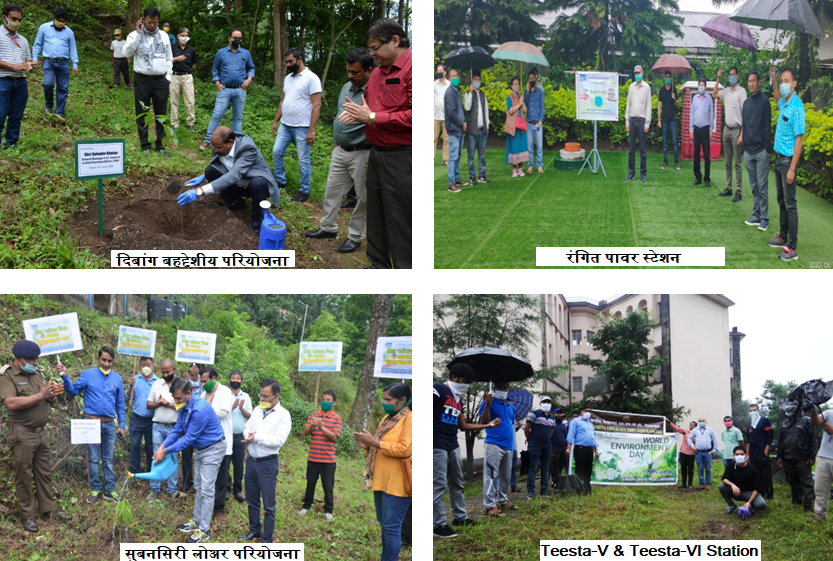
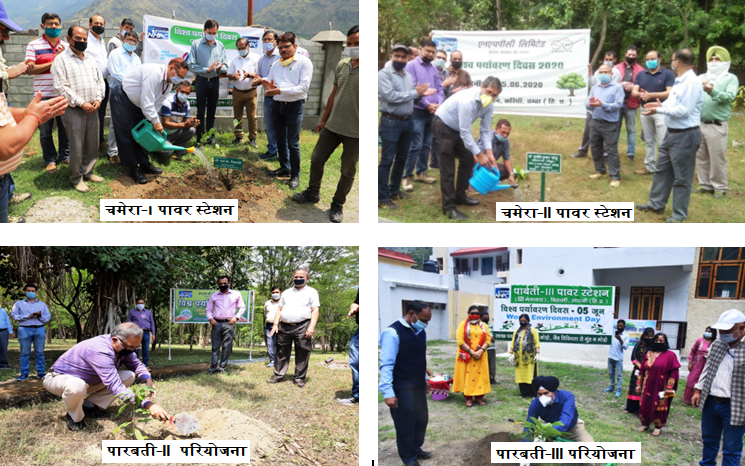
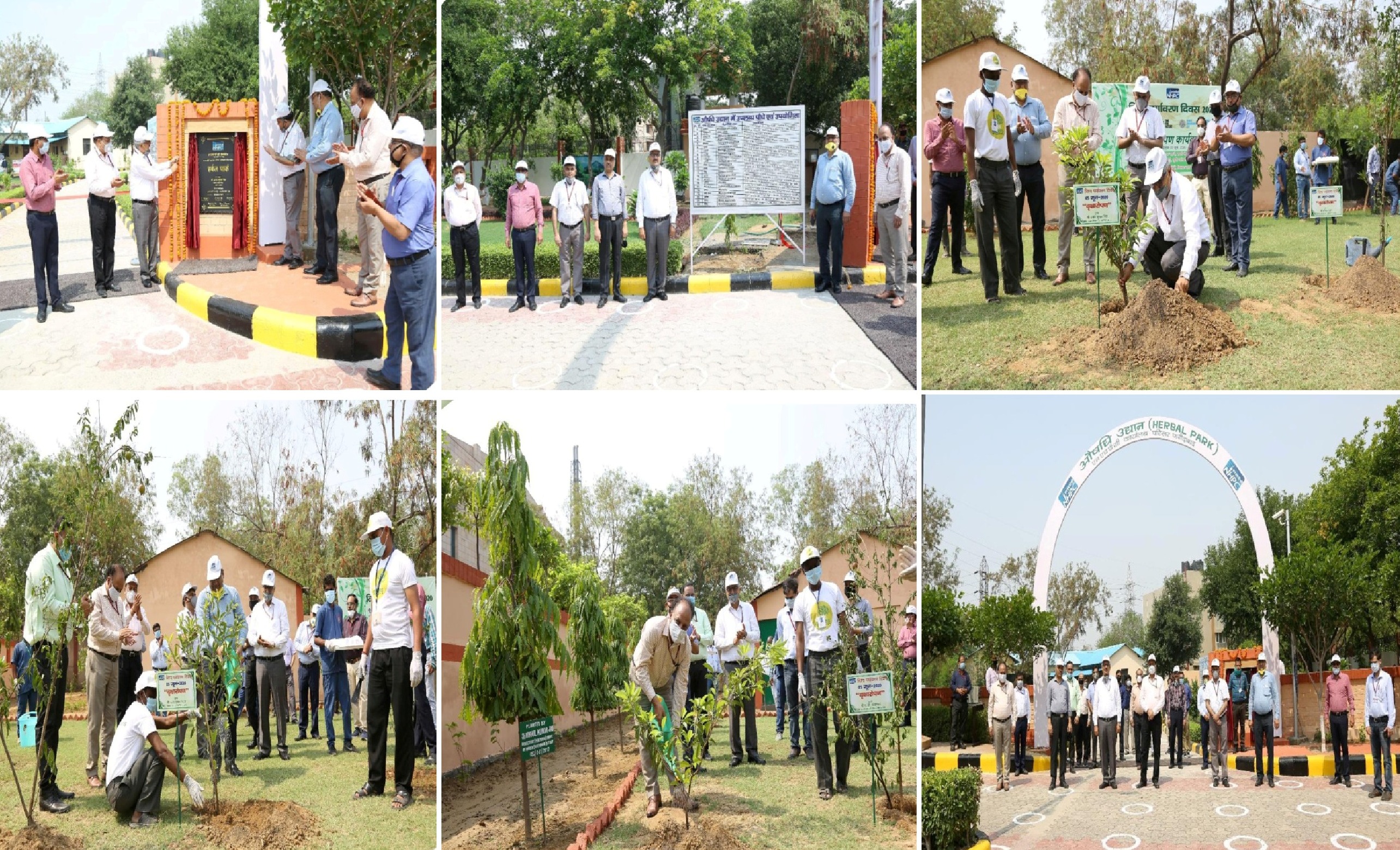
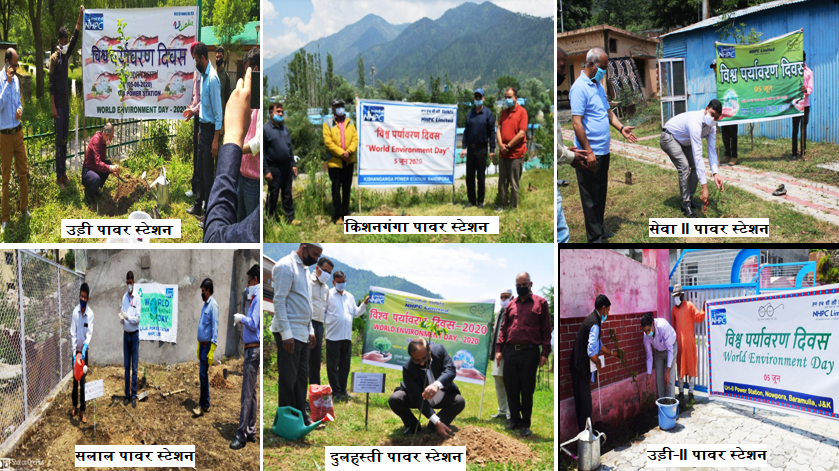
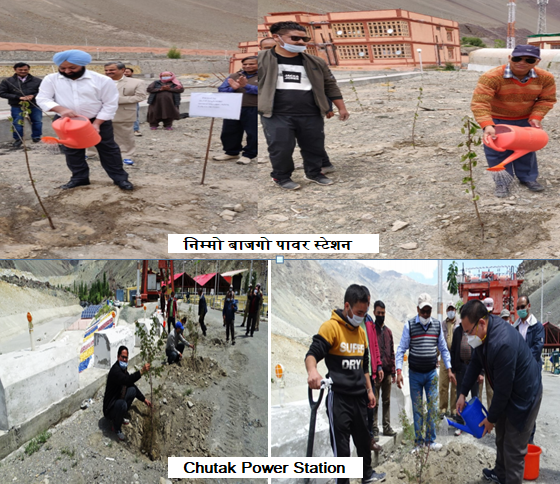
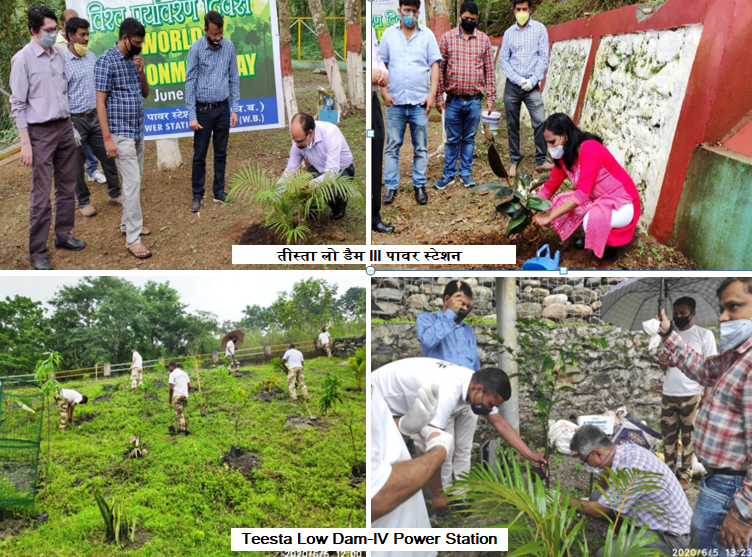
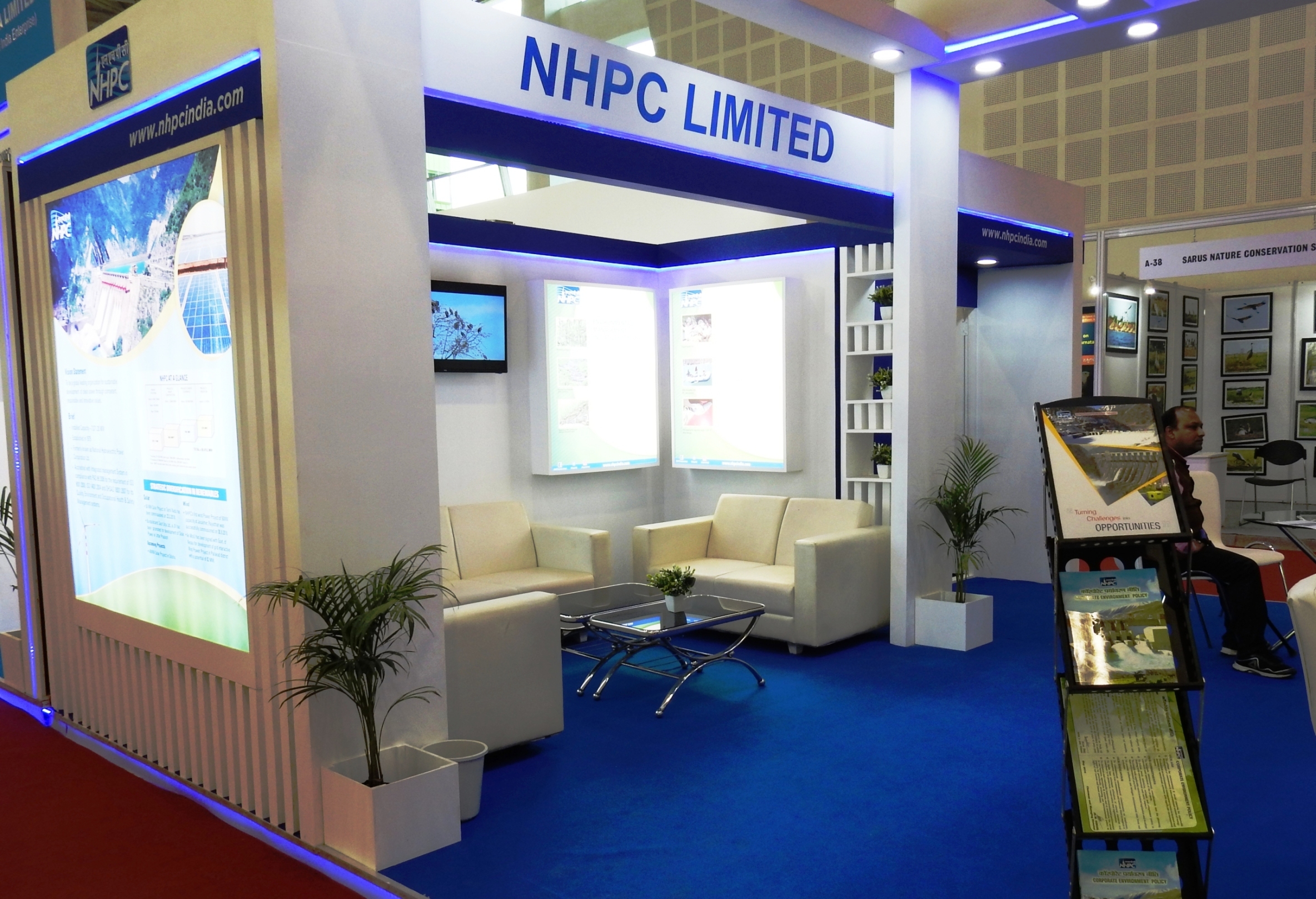

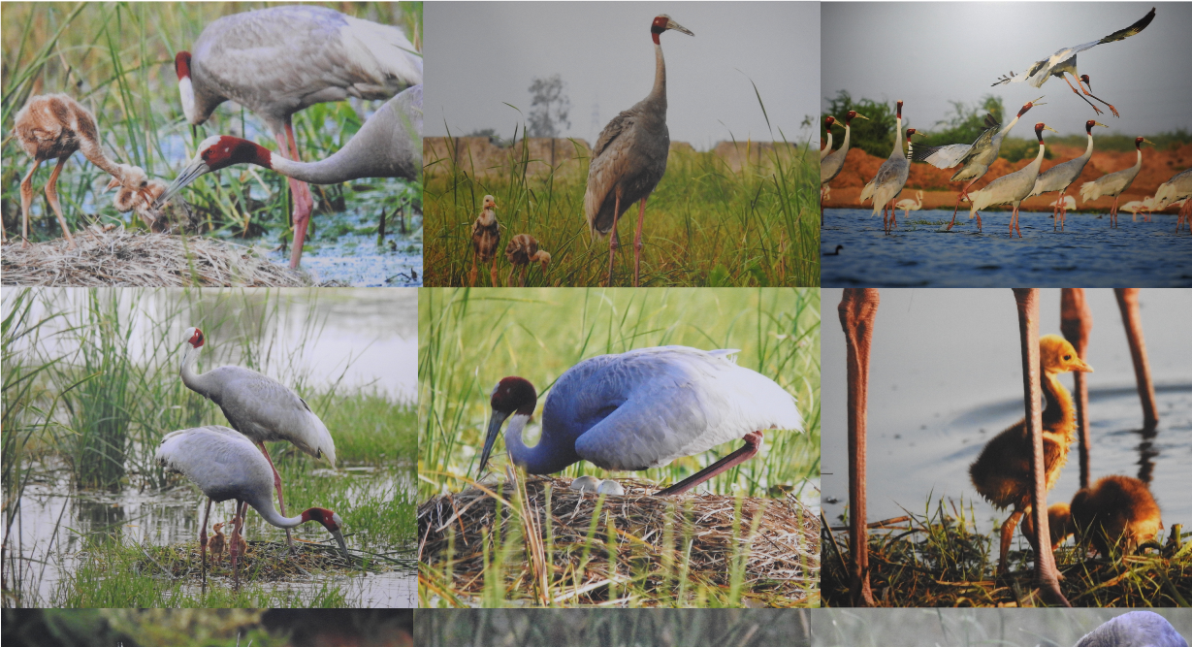





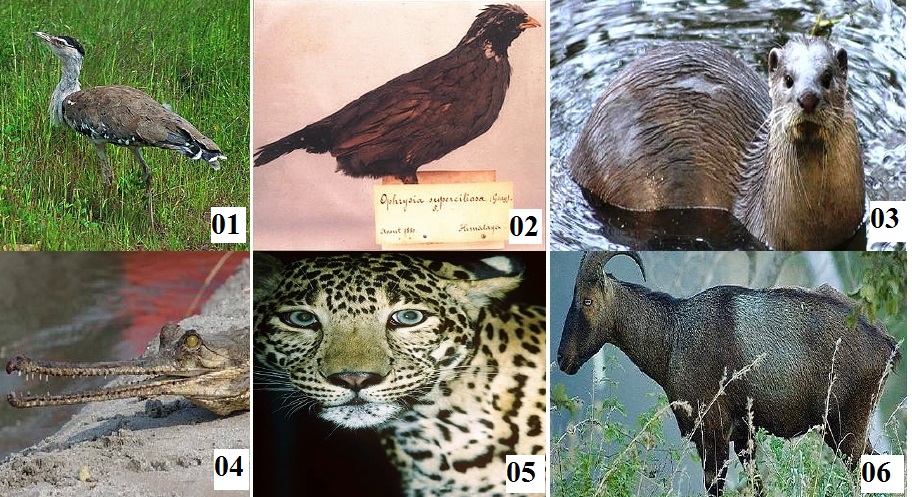
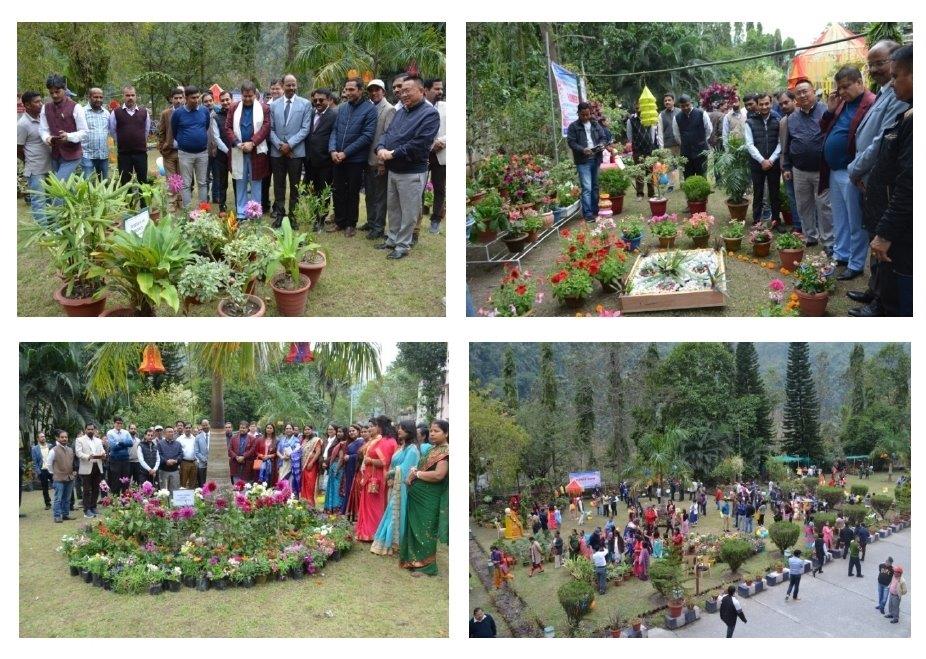
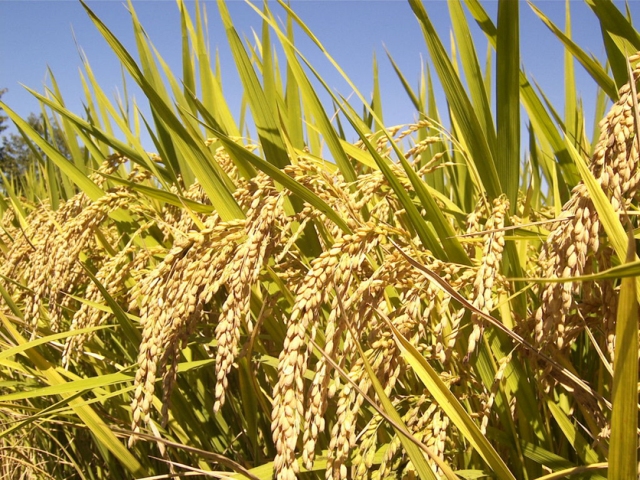
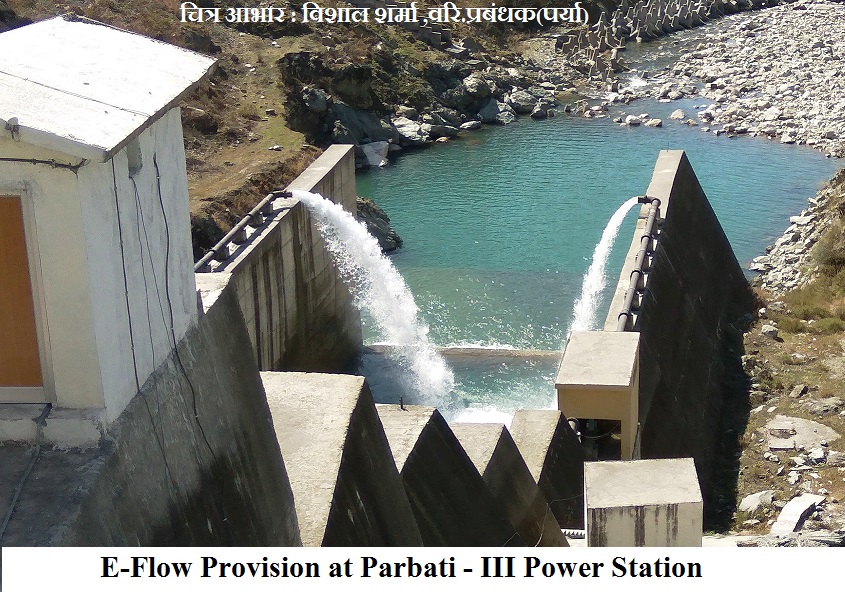

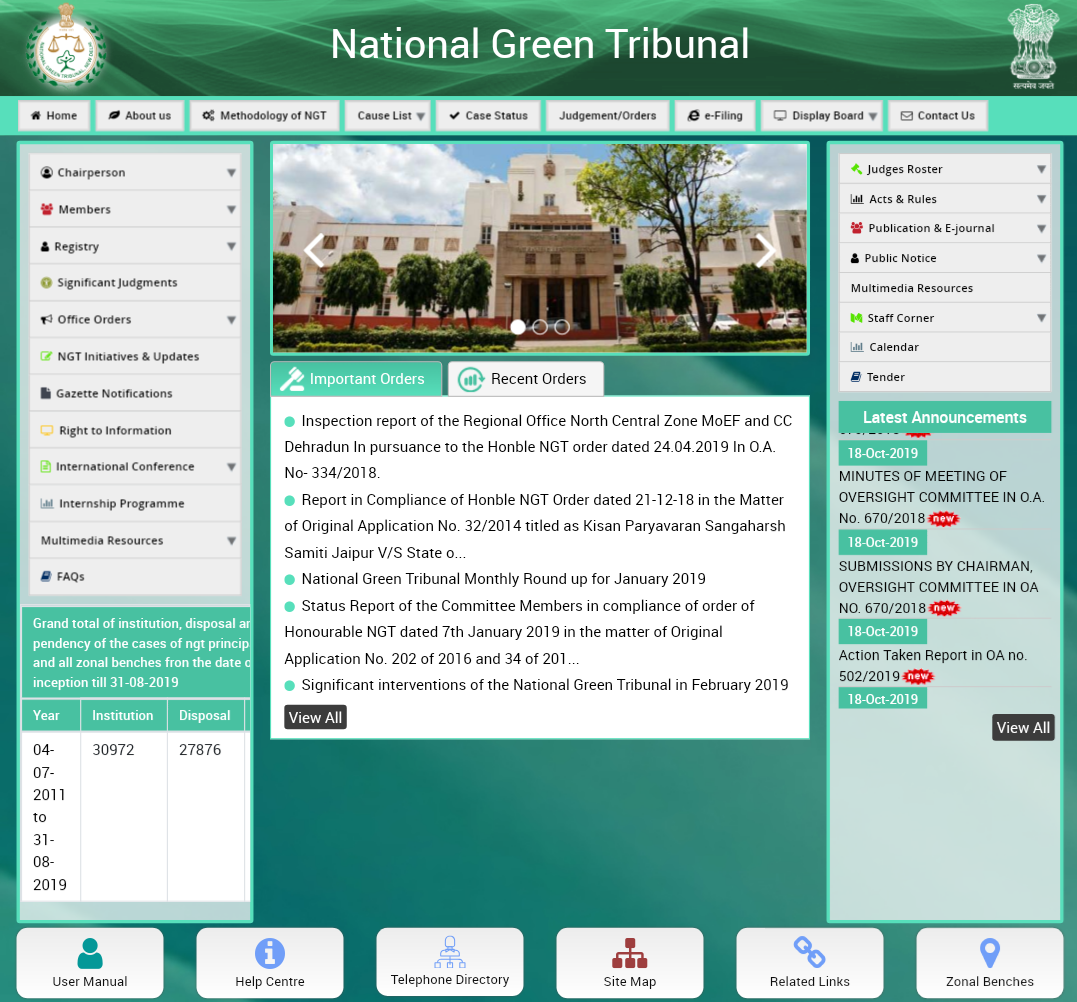
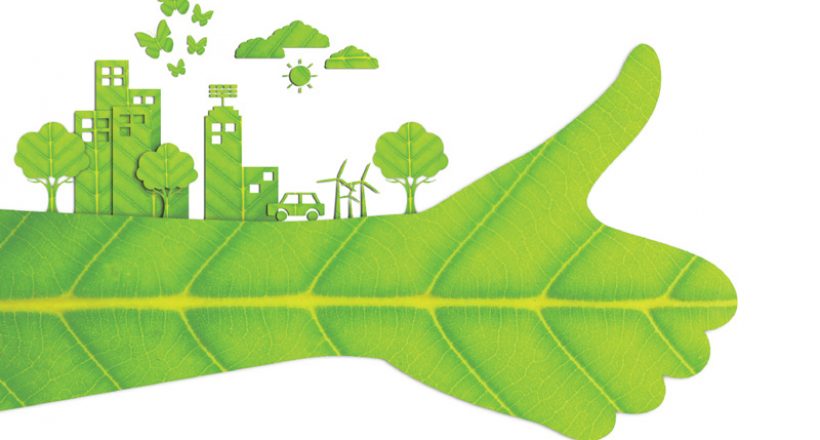

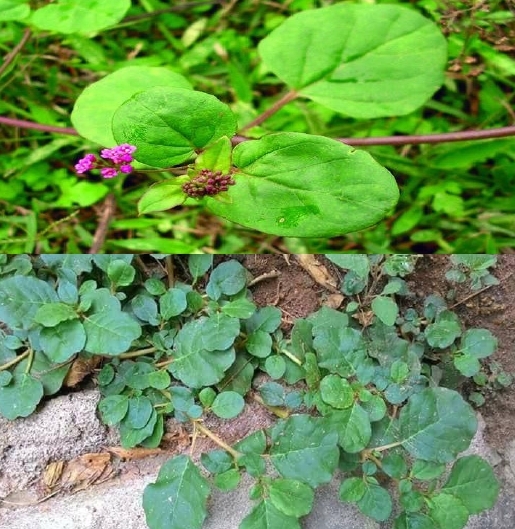


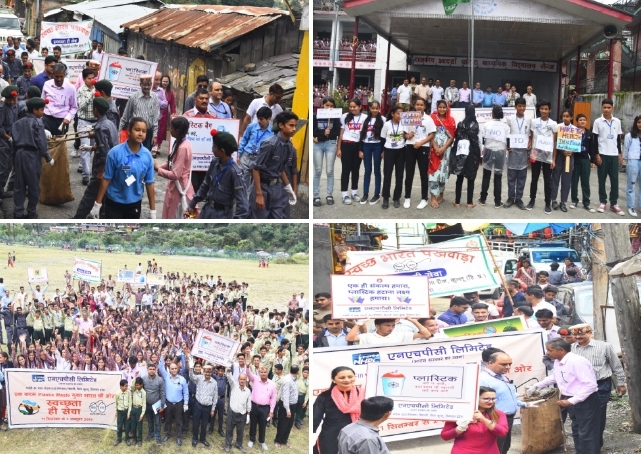

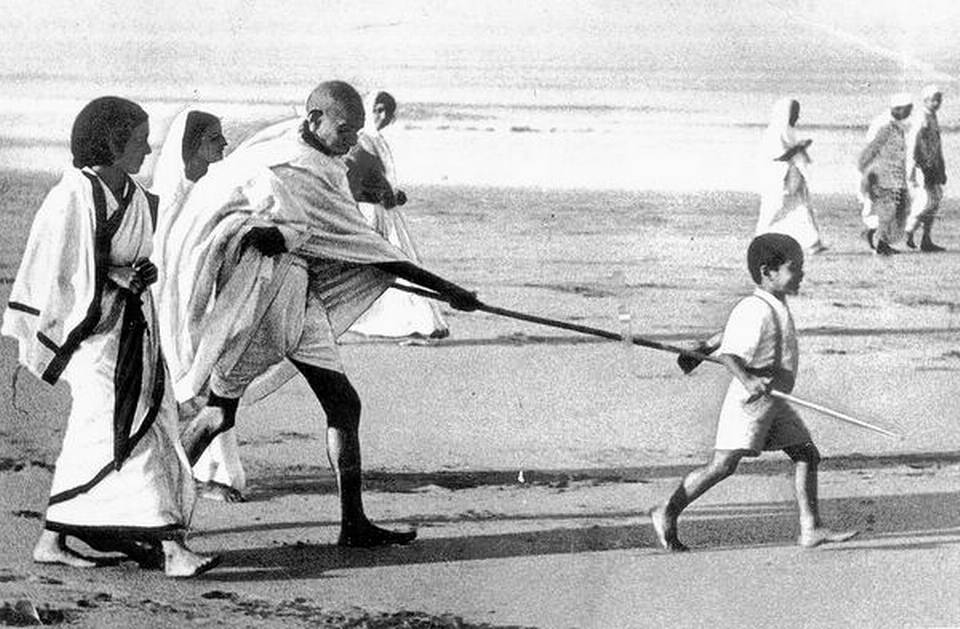
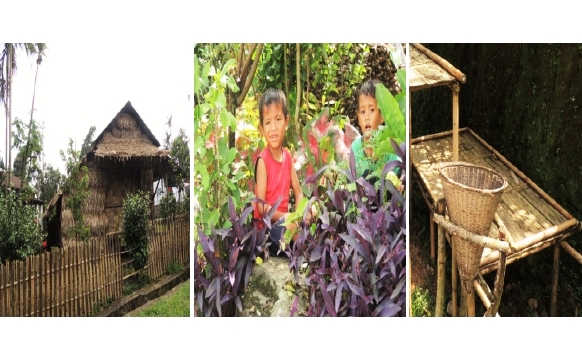
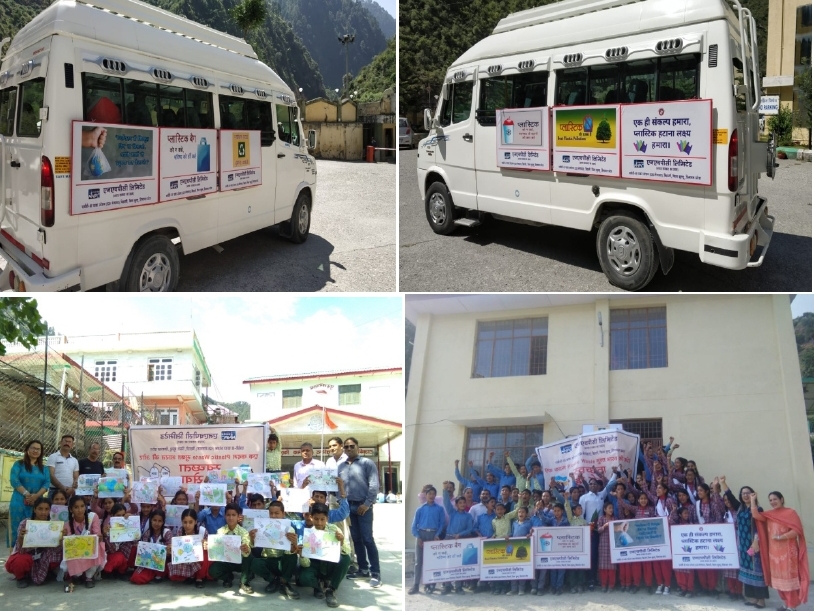
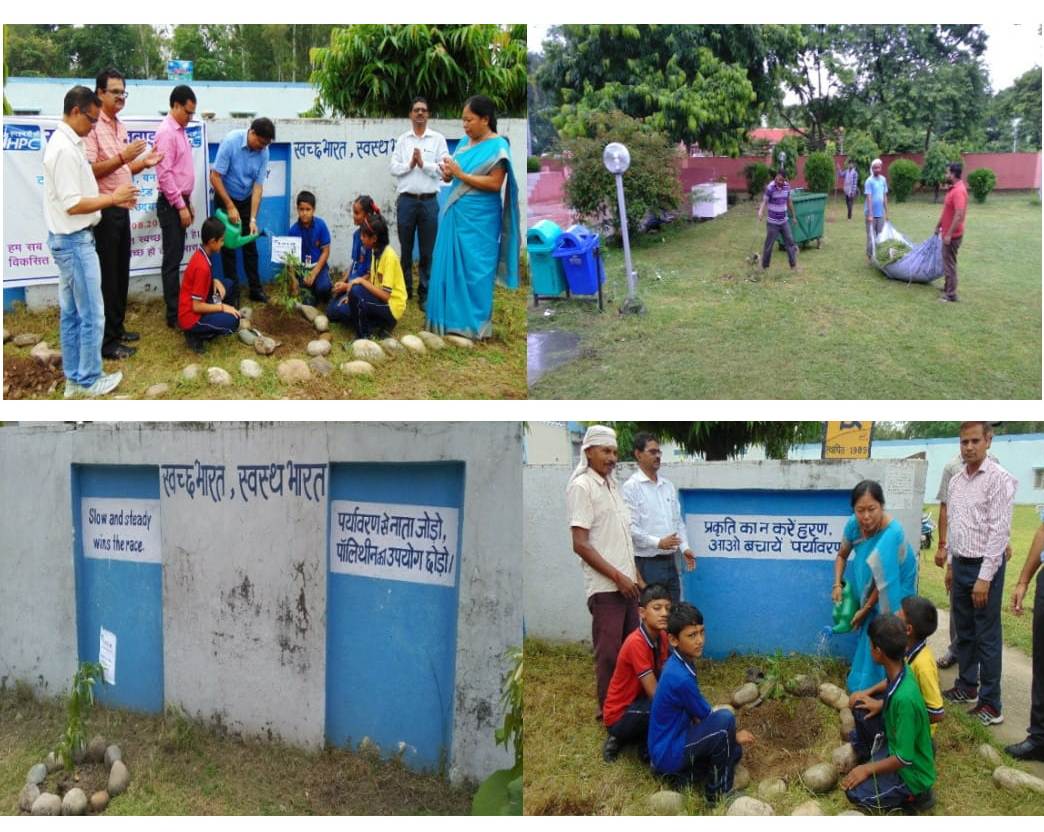
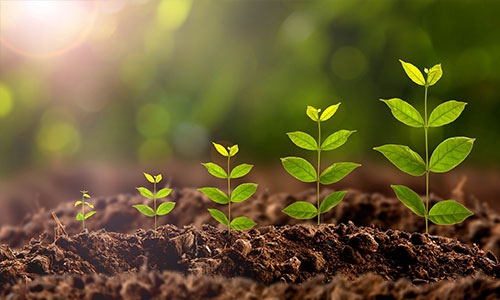

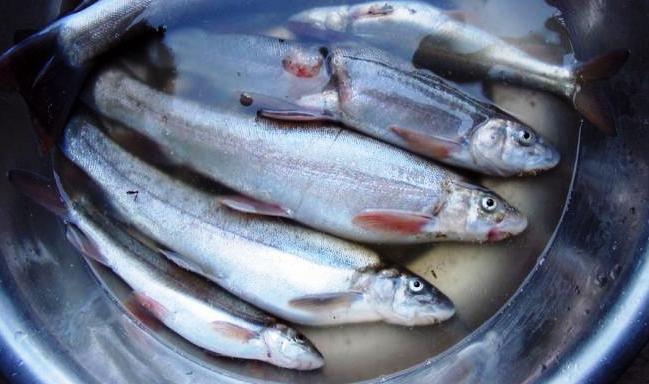


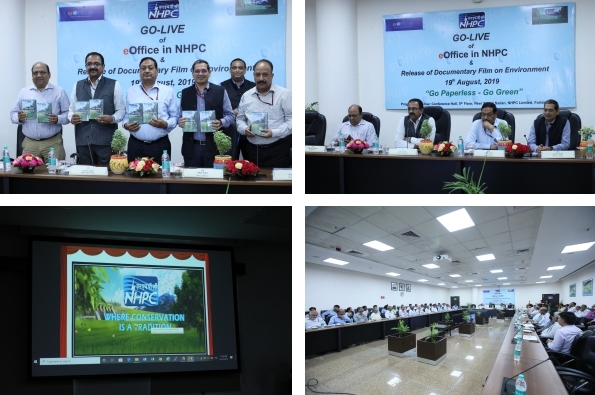
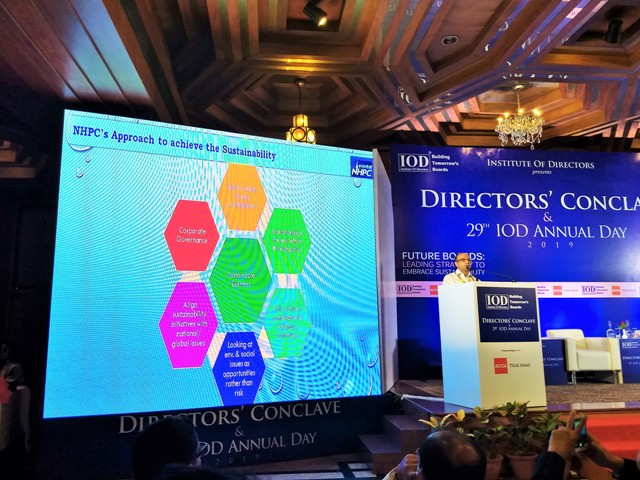
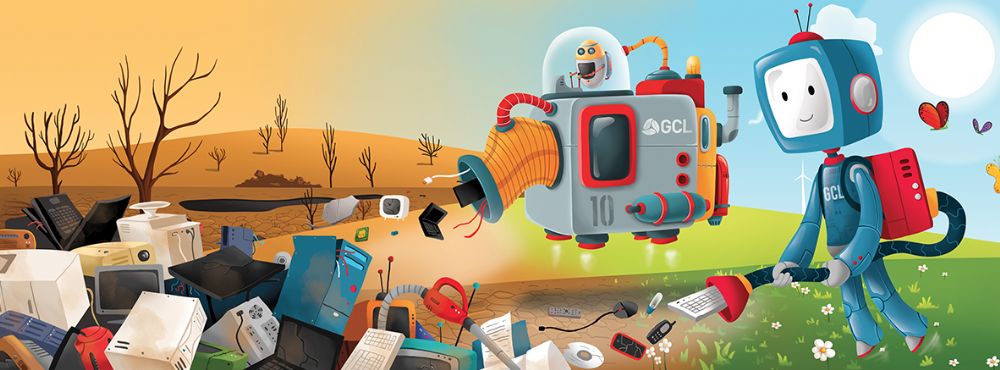
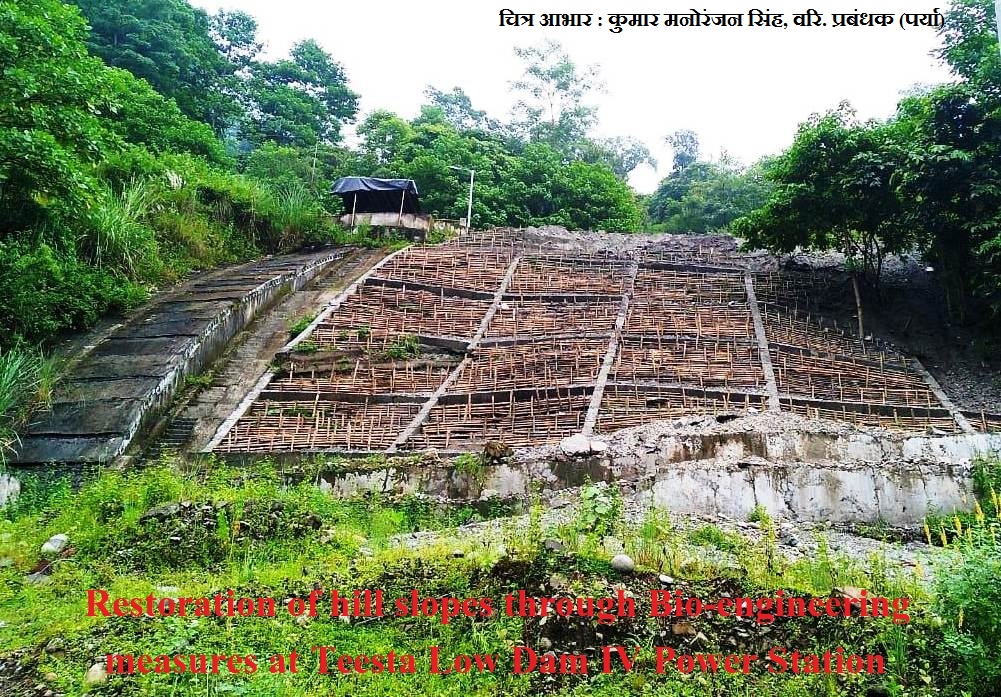

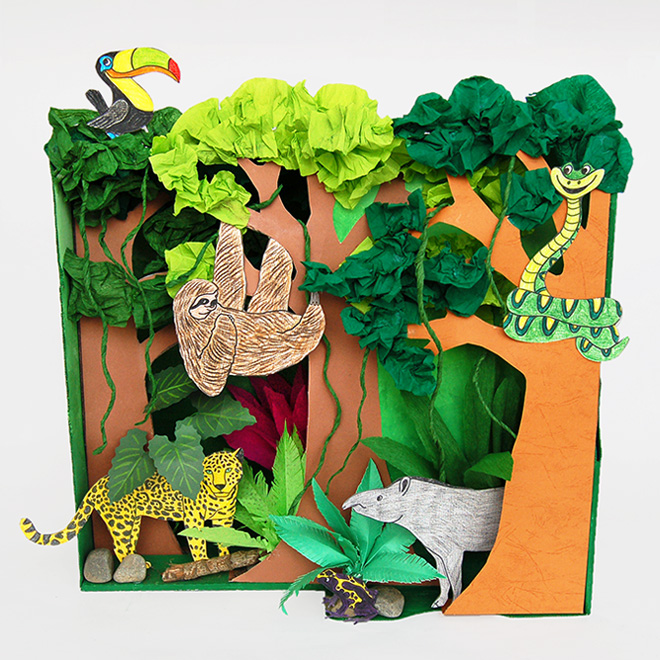
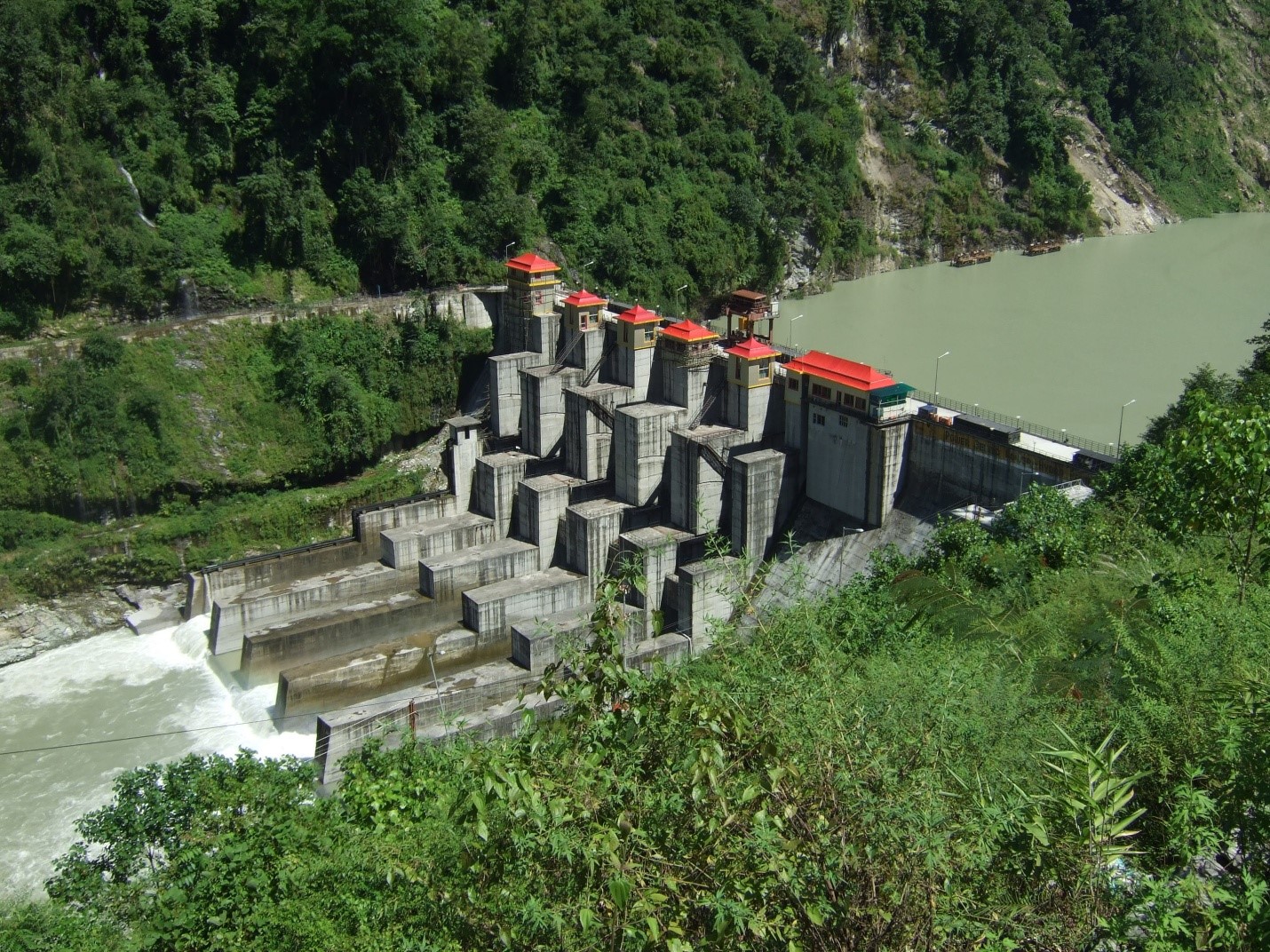
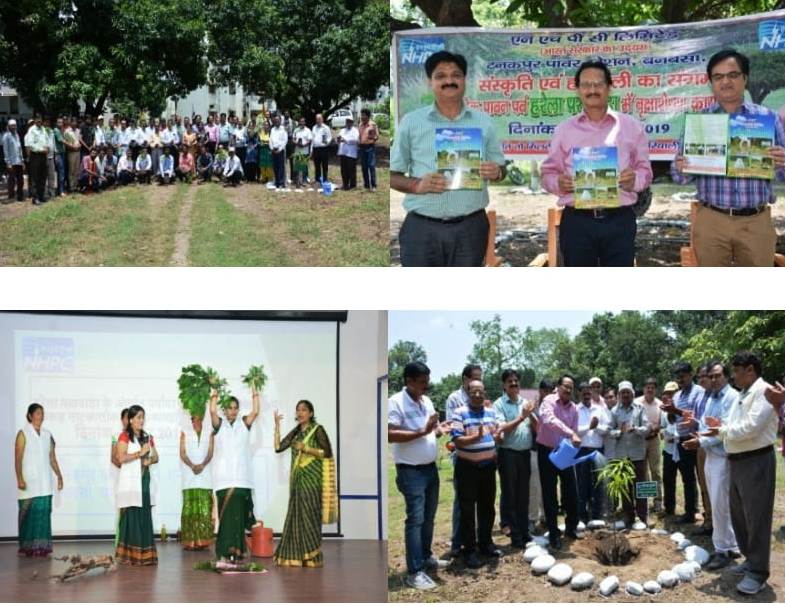
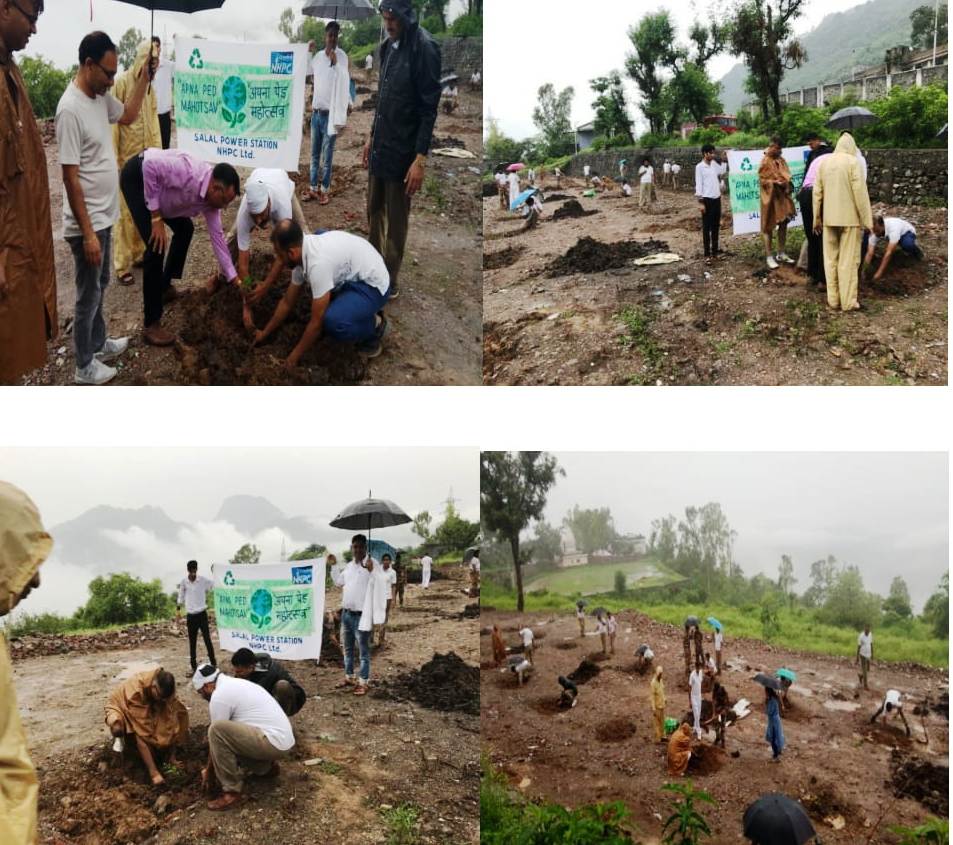

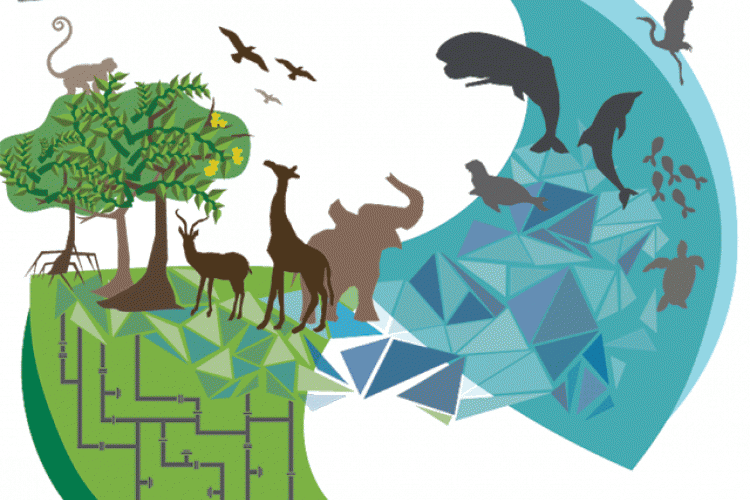

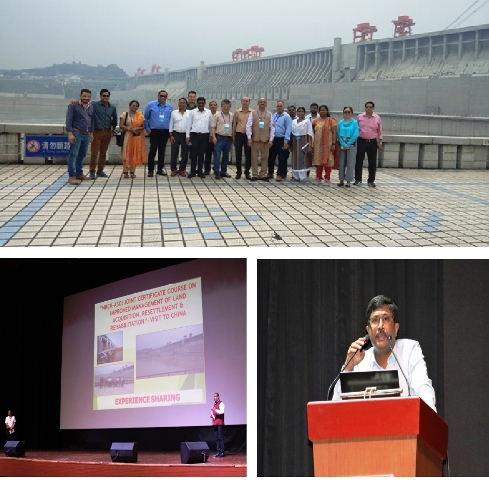
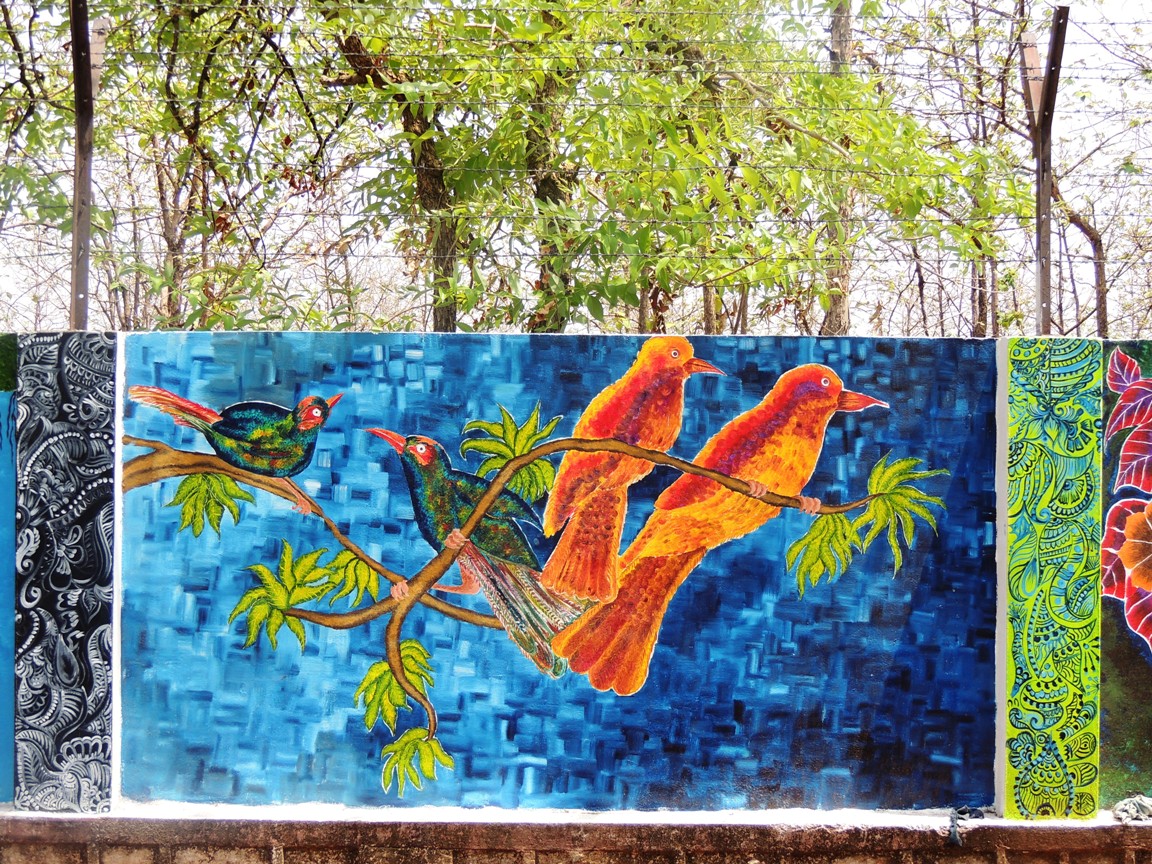
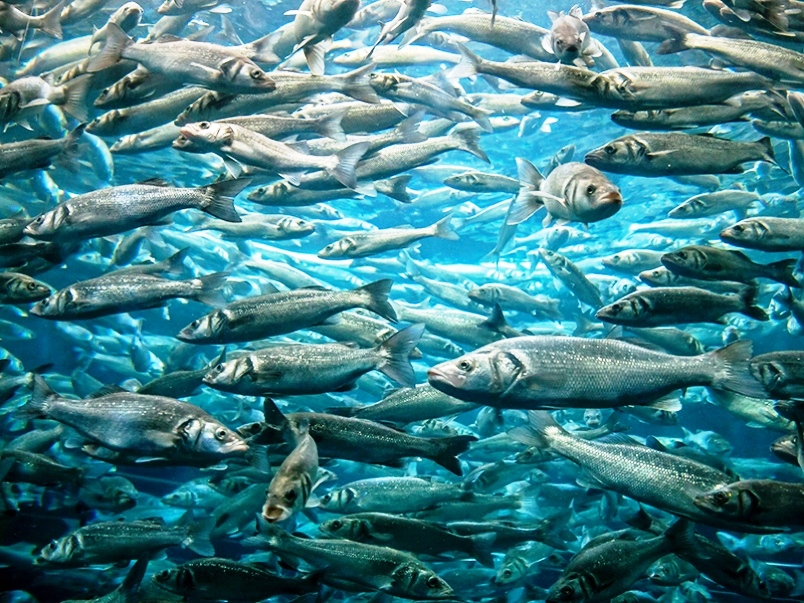

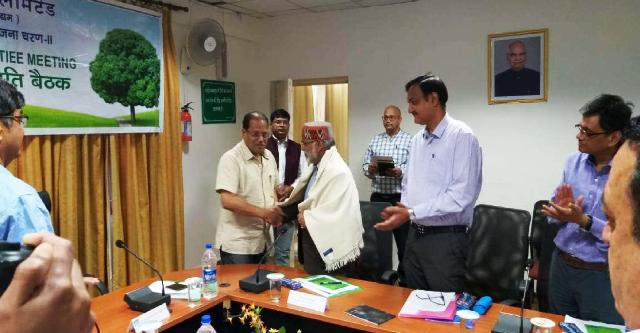

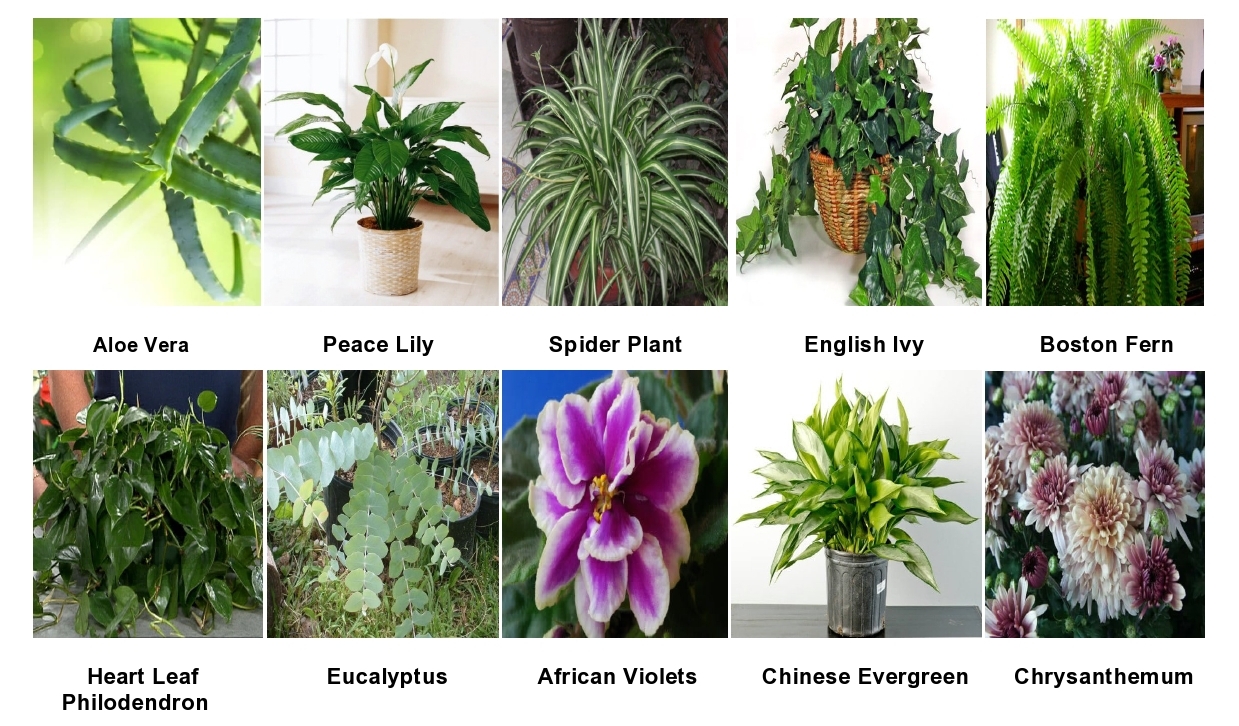
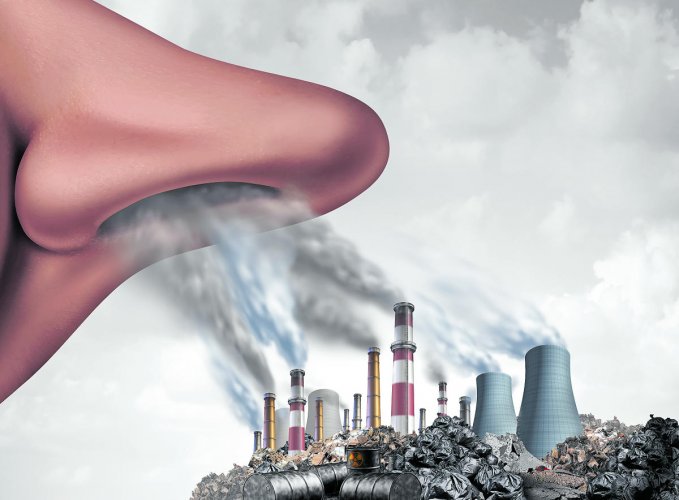
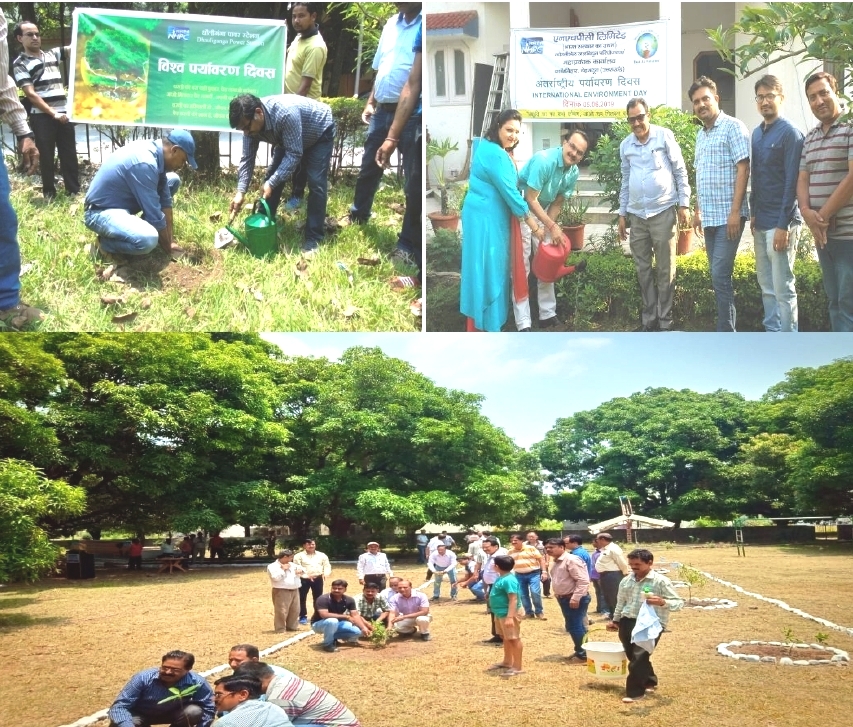
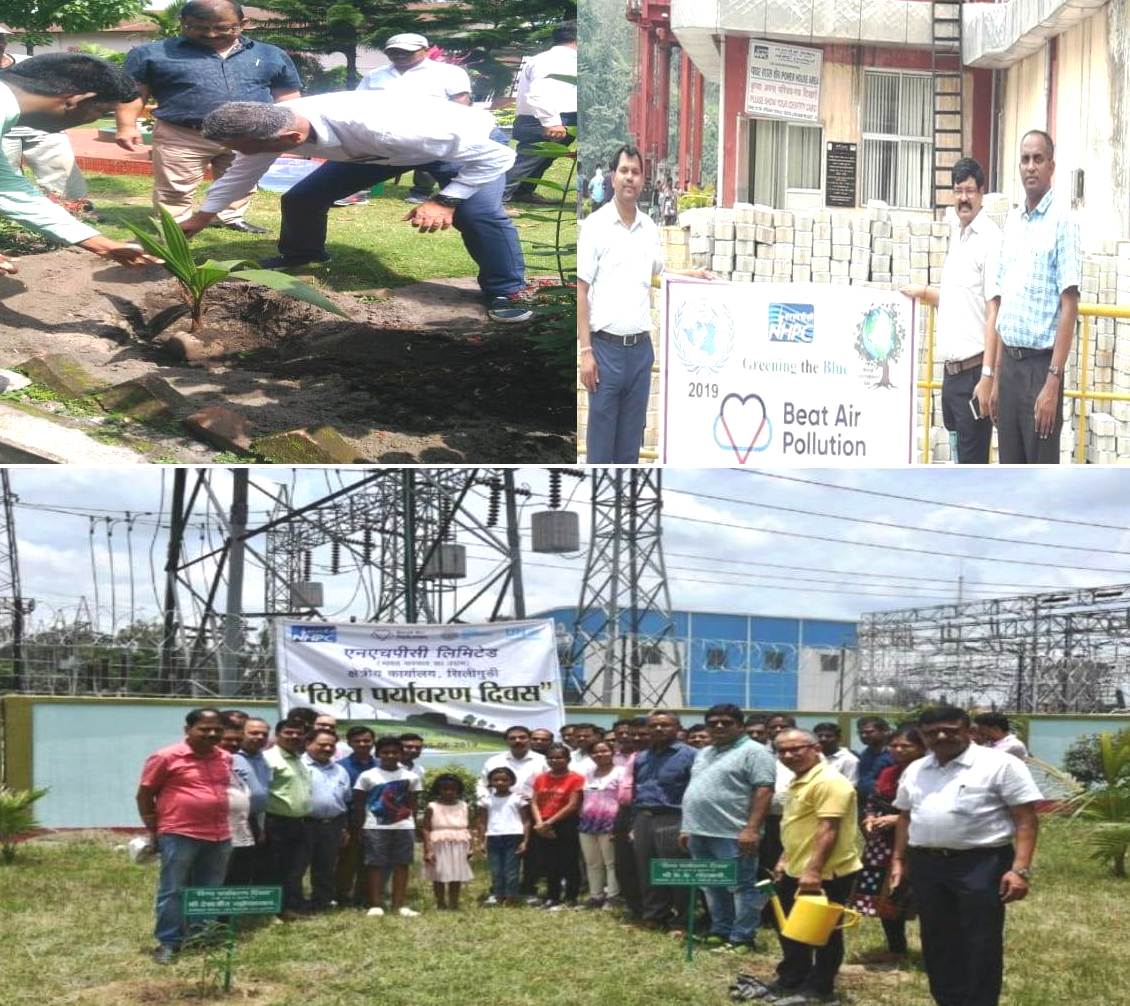

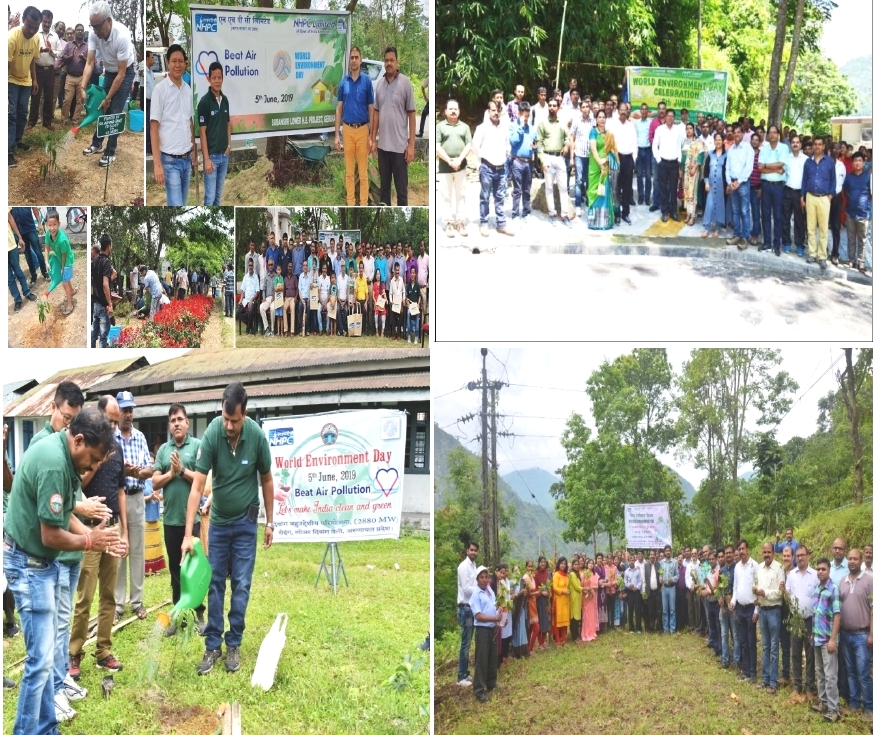
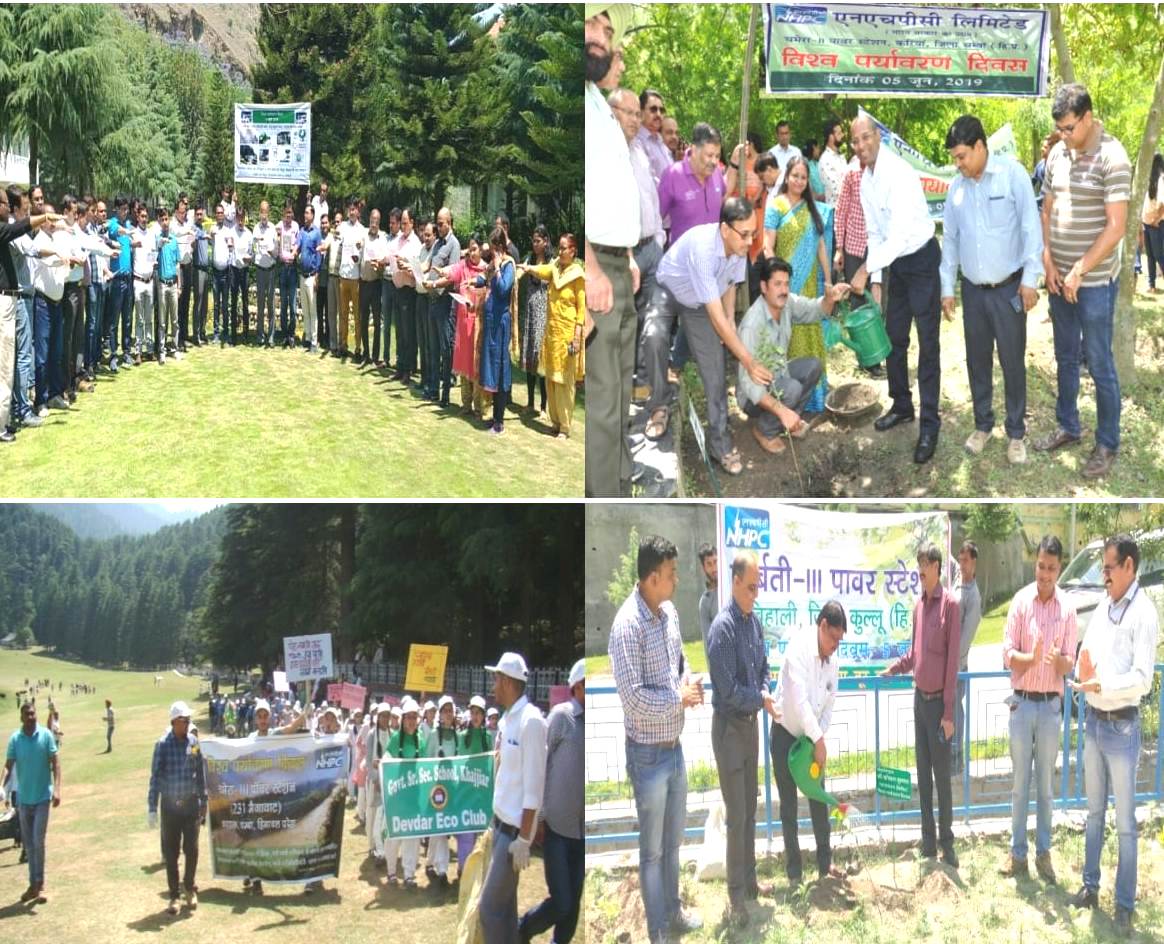
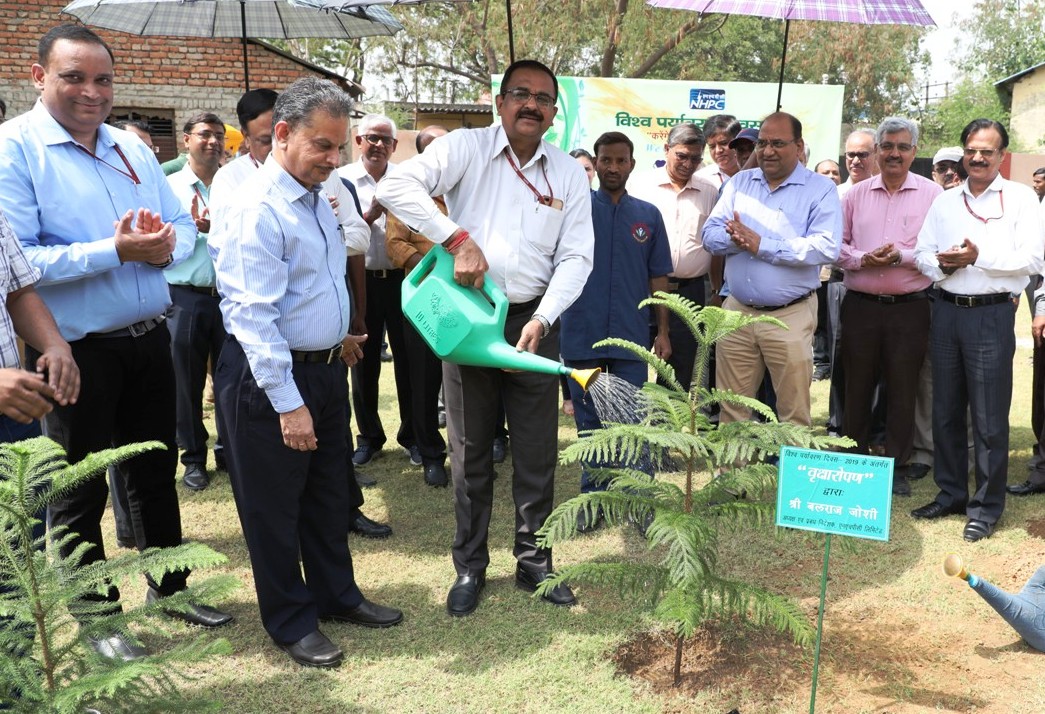

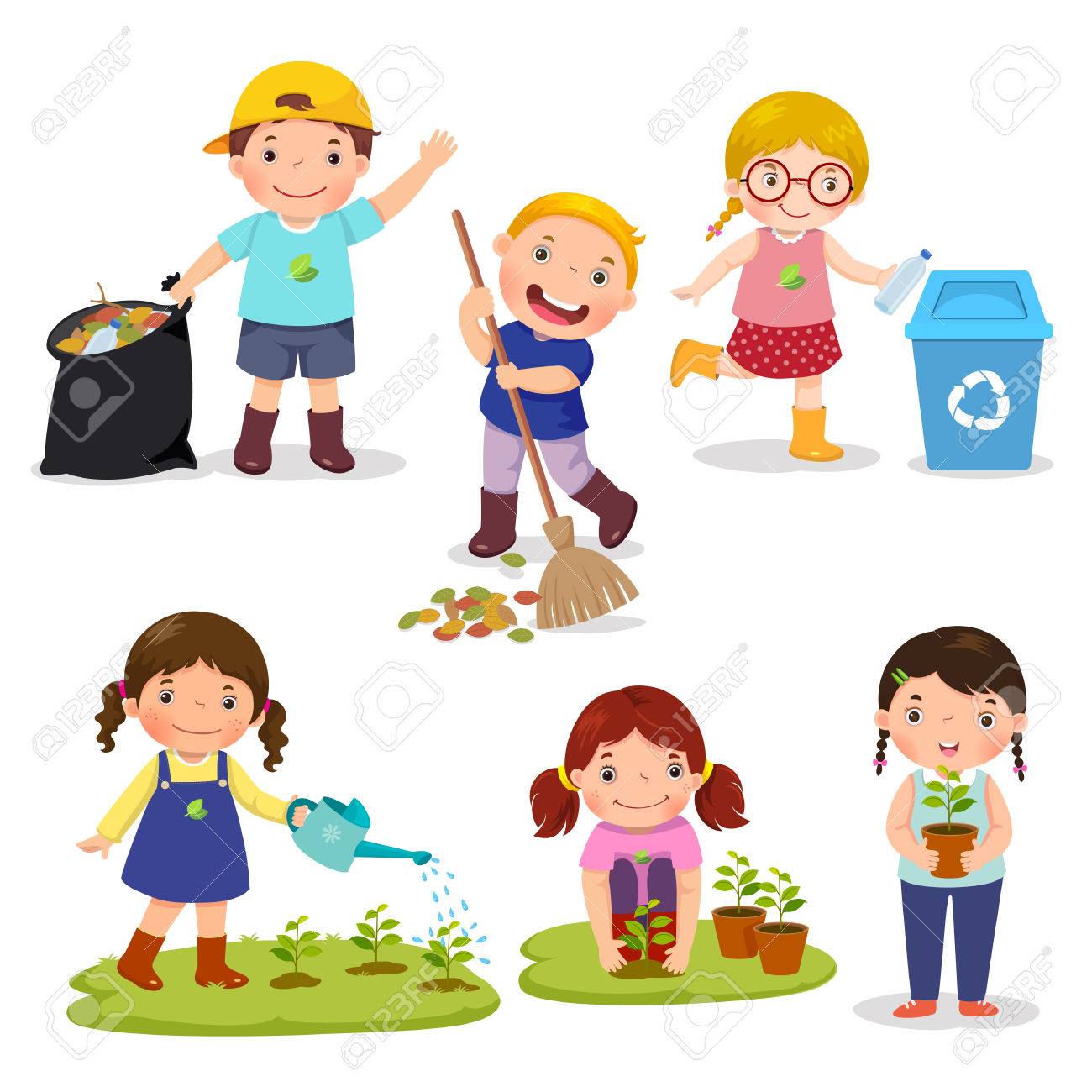
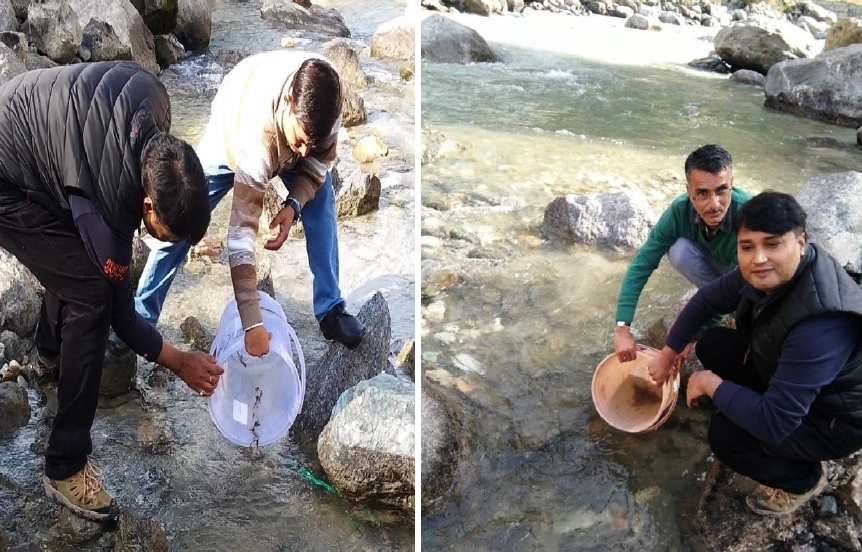


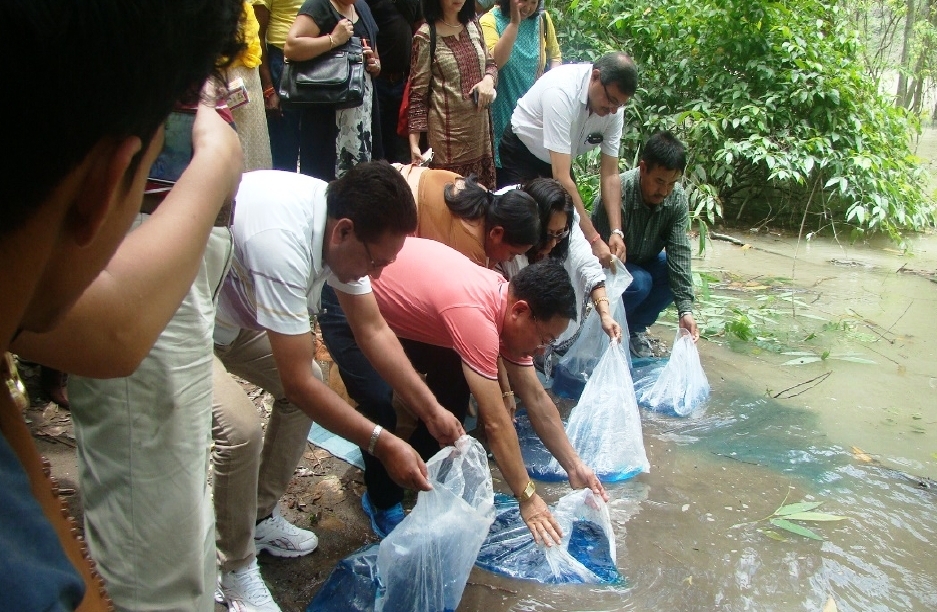
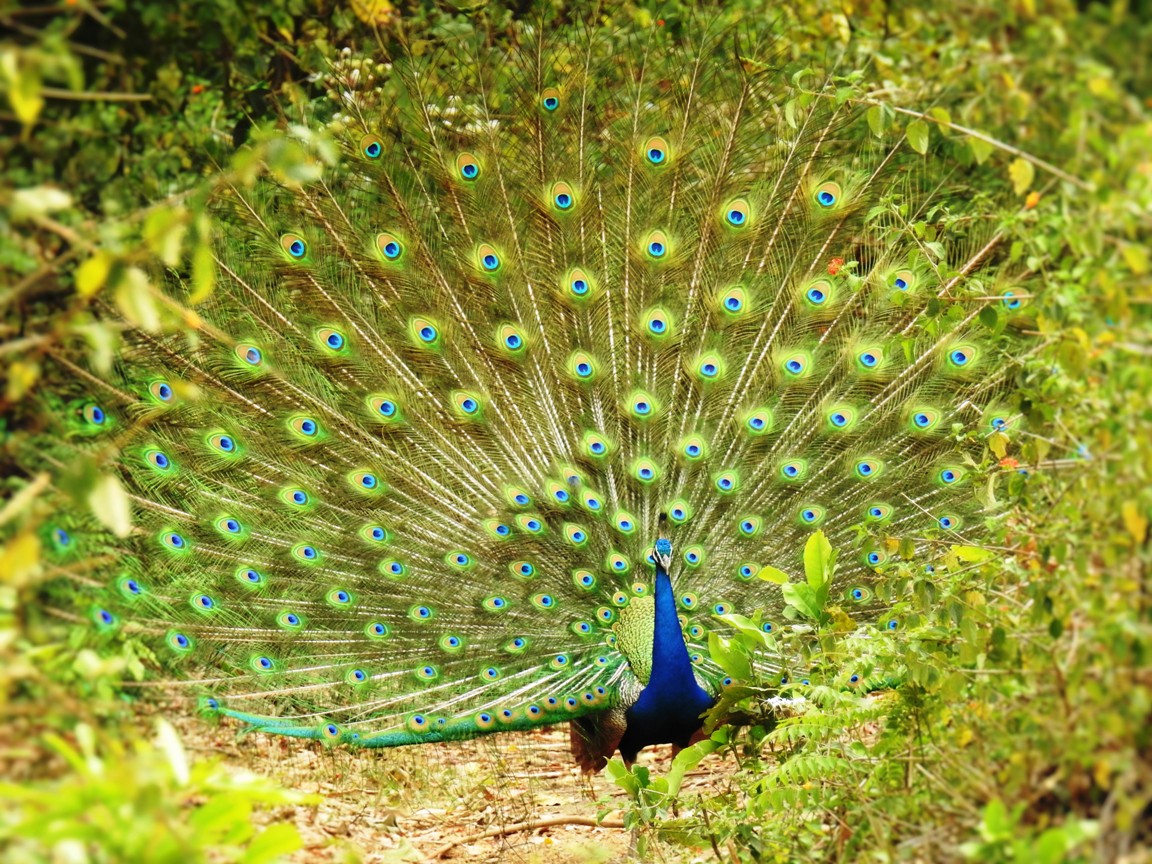
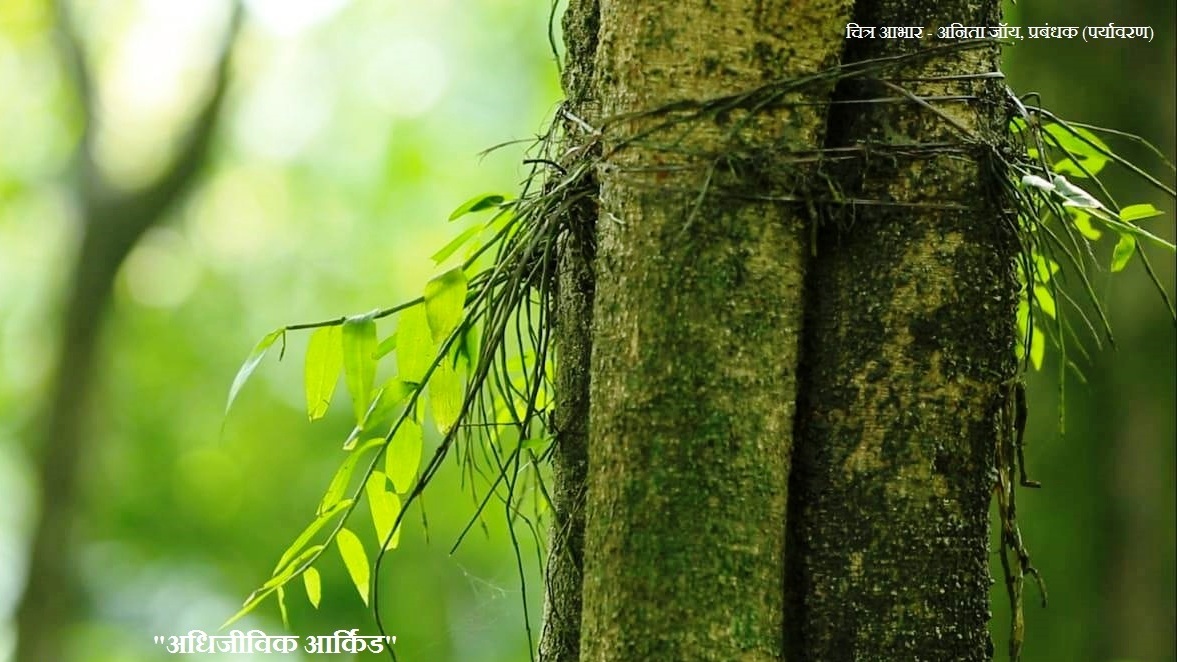
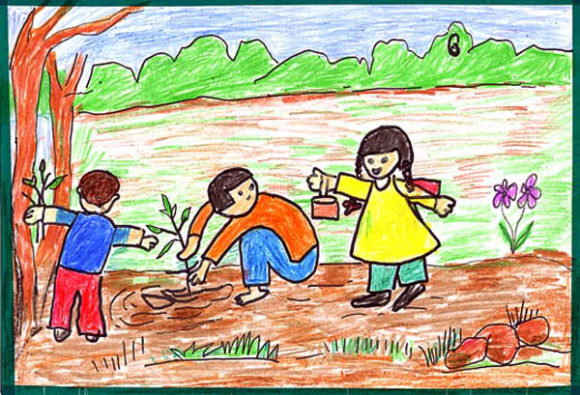
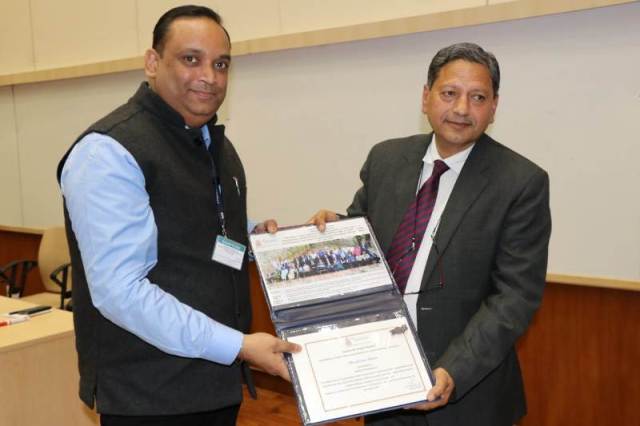
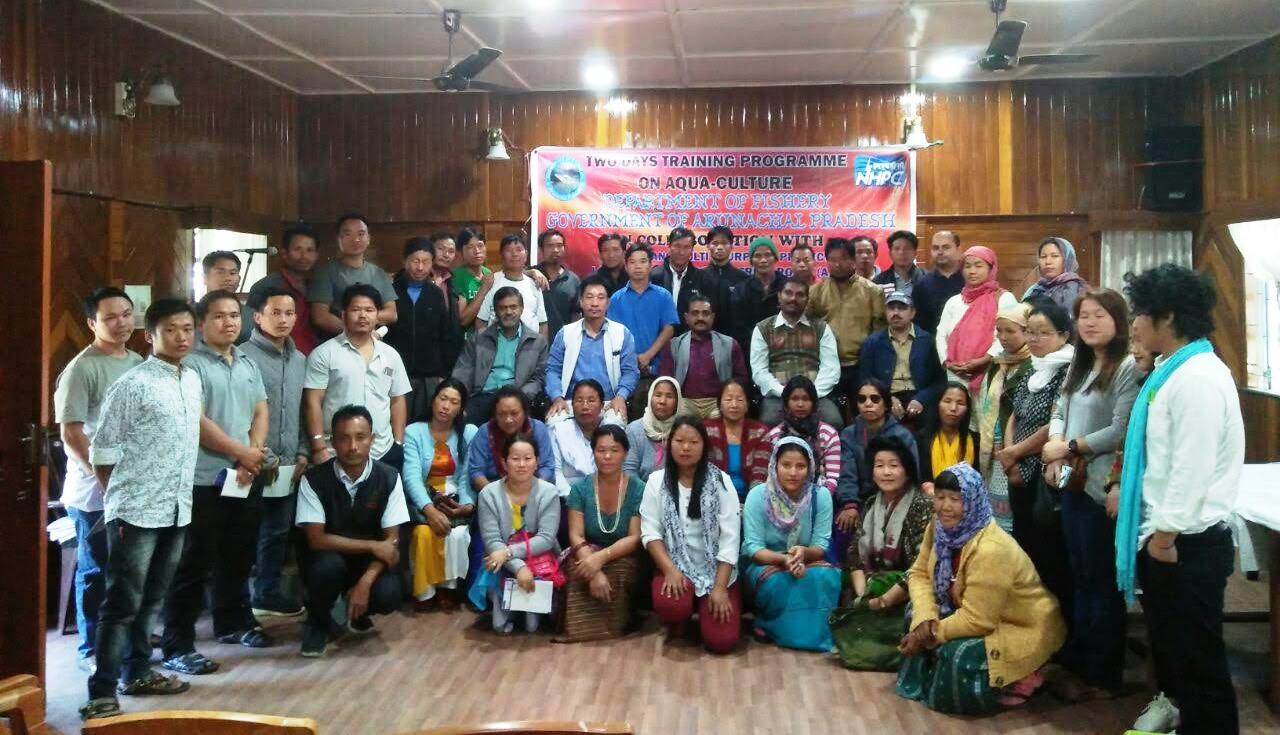

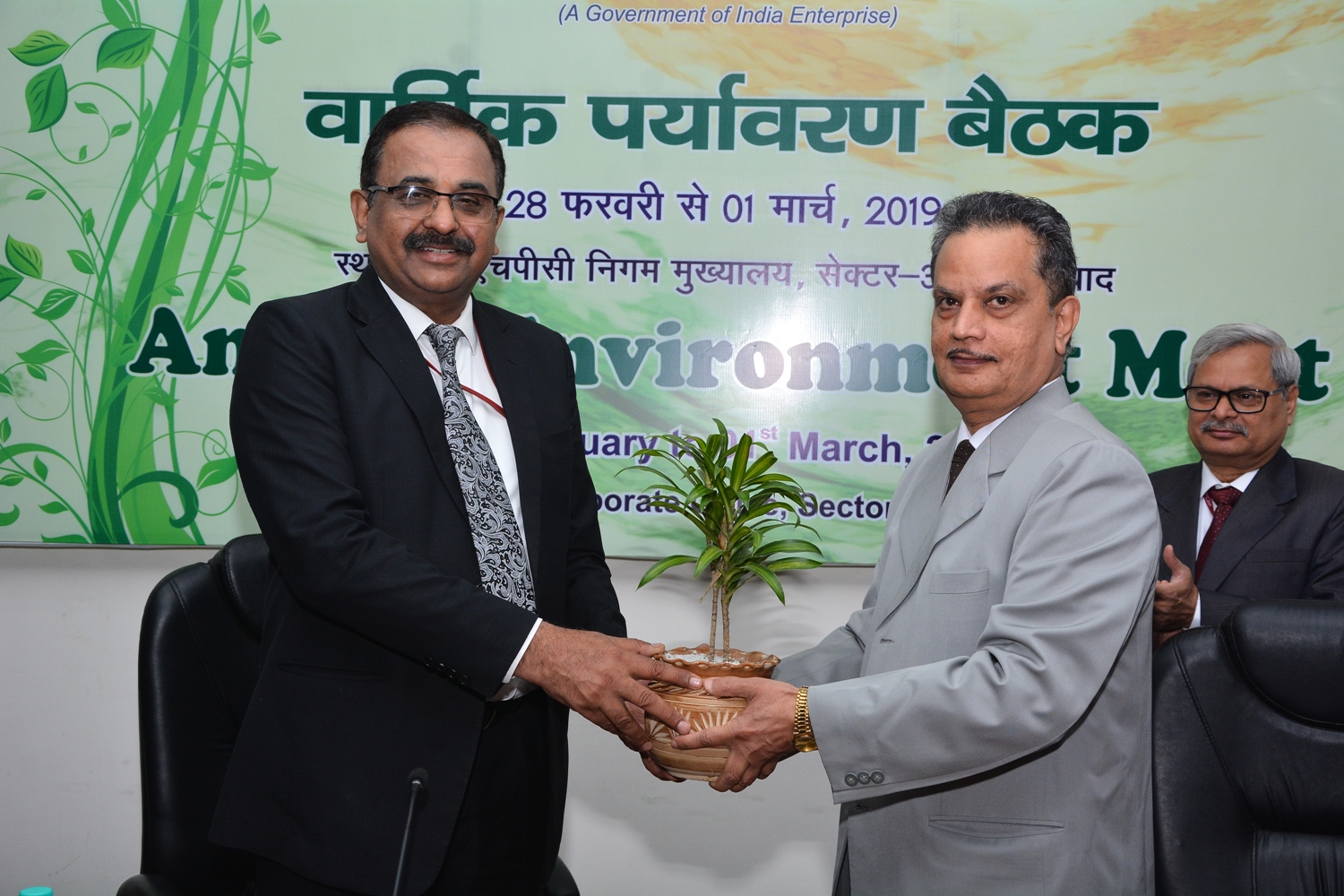











Leave a Reply